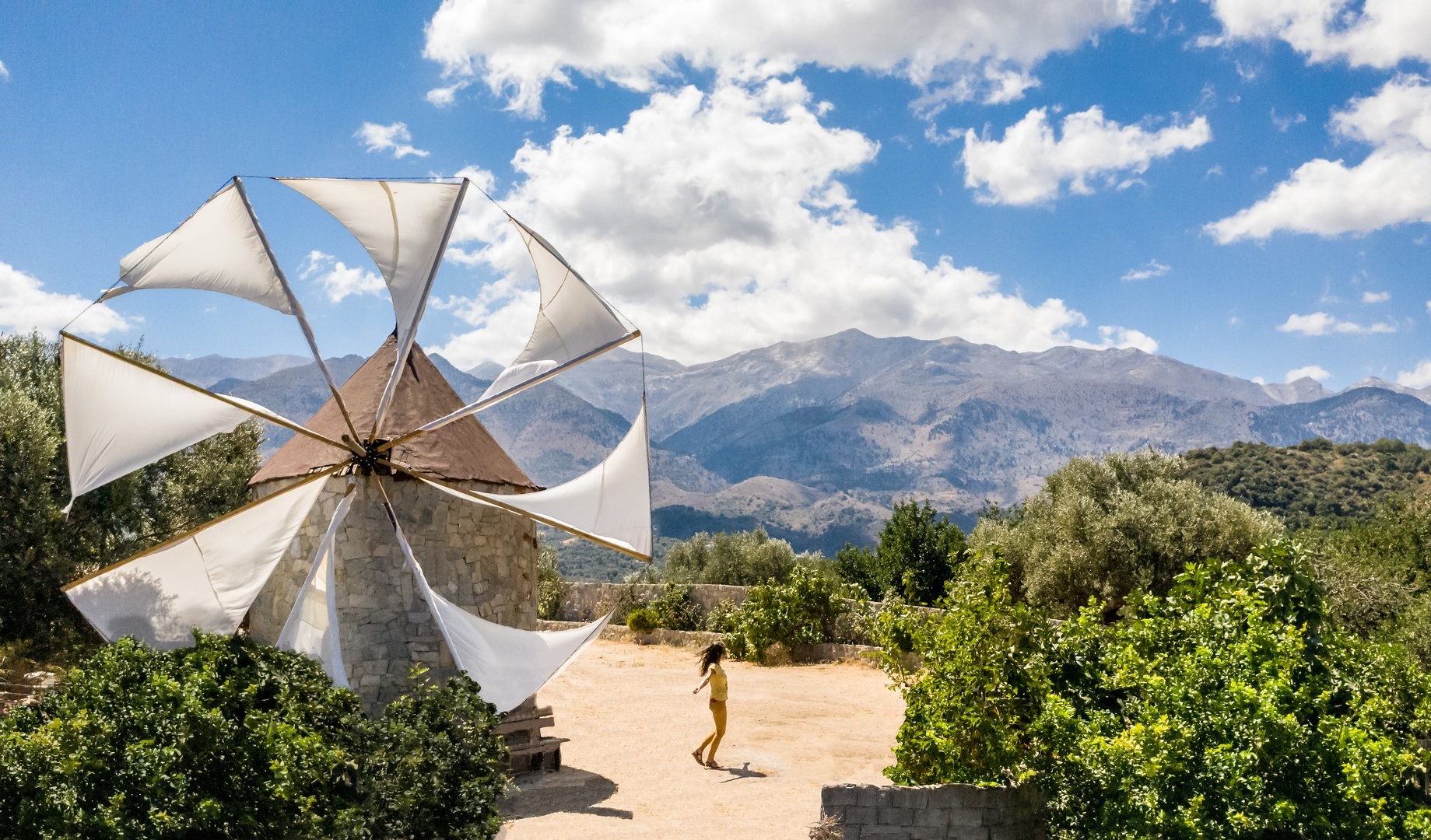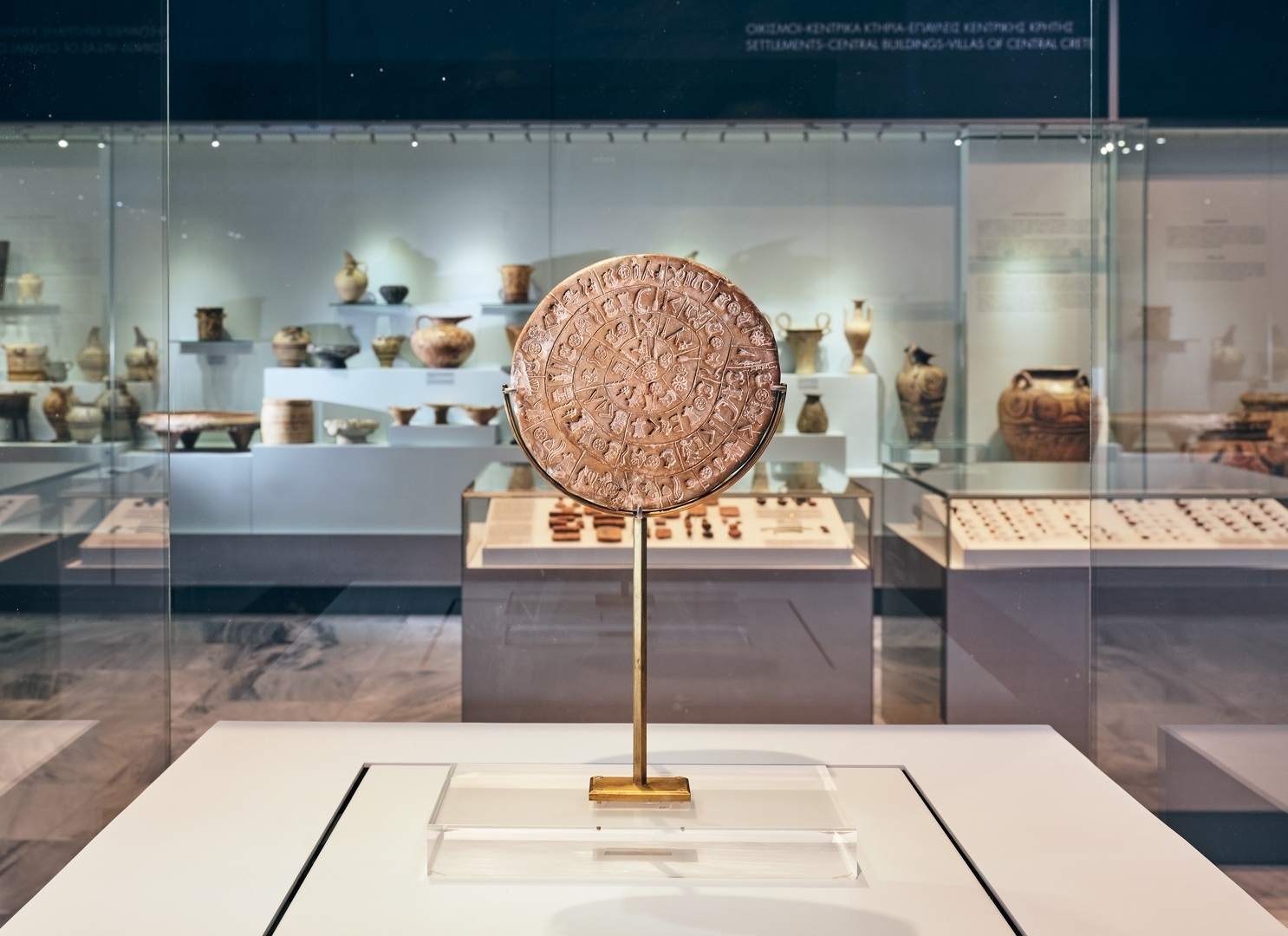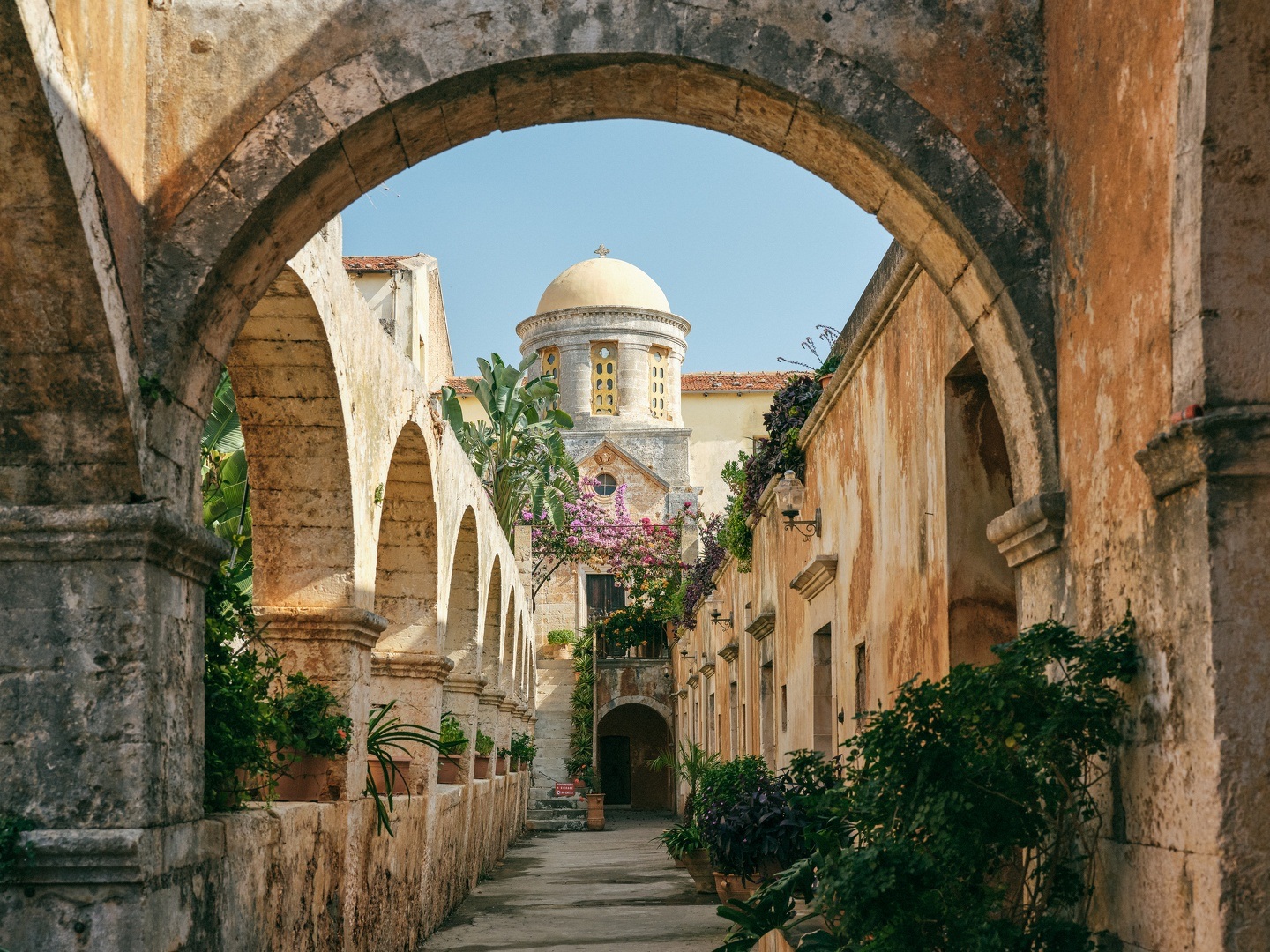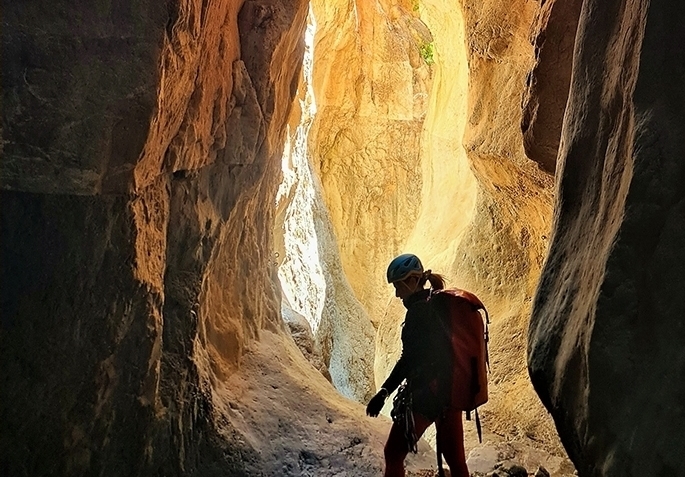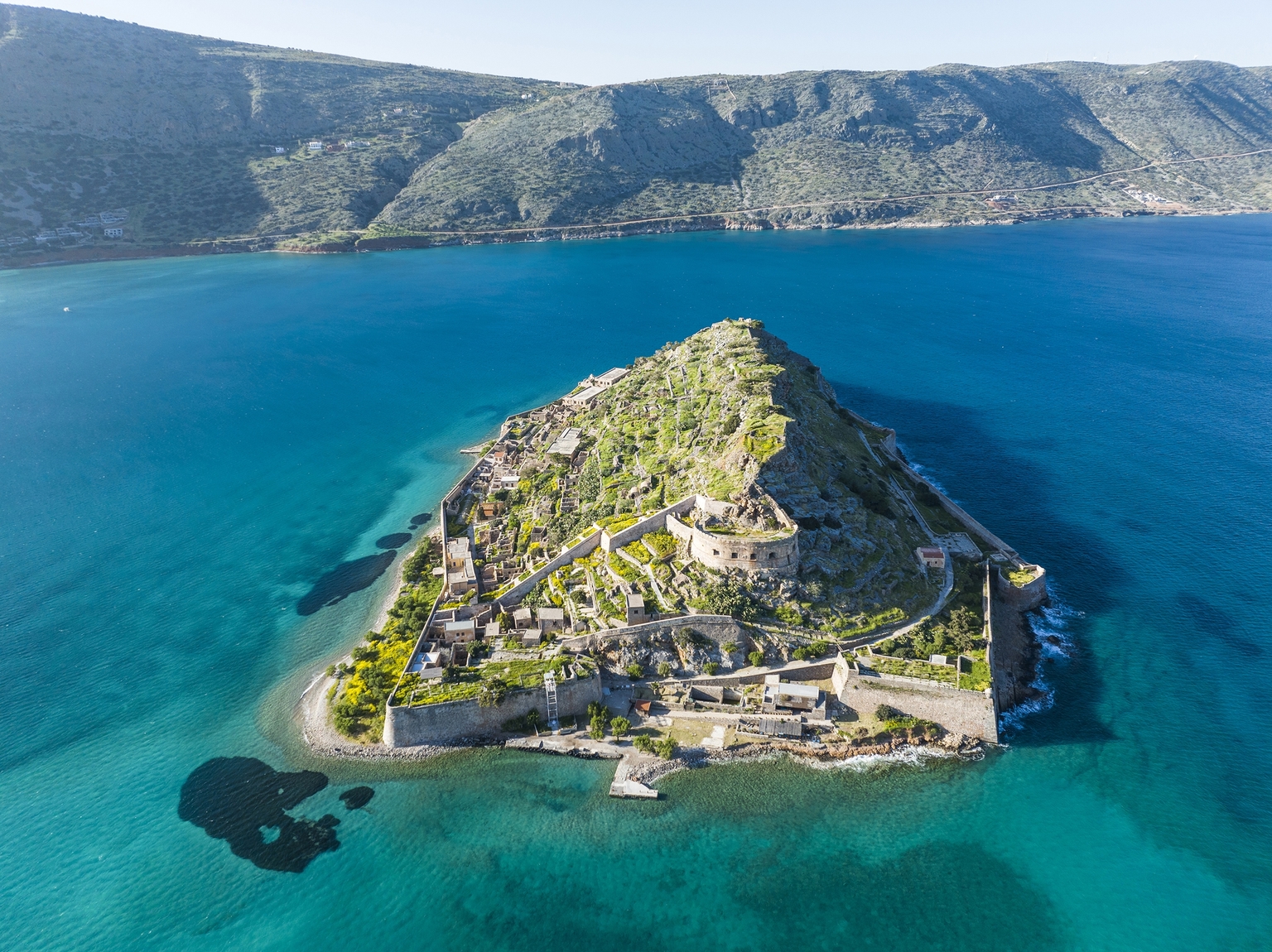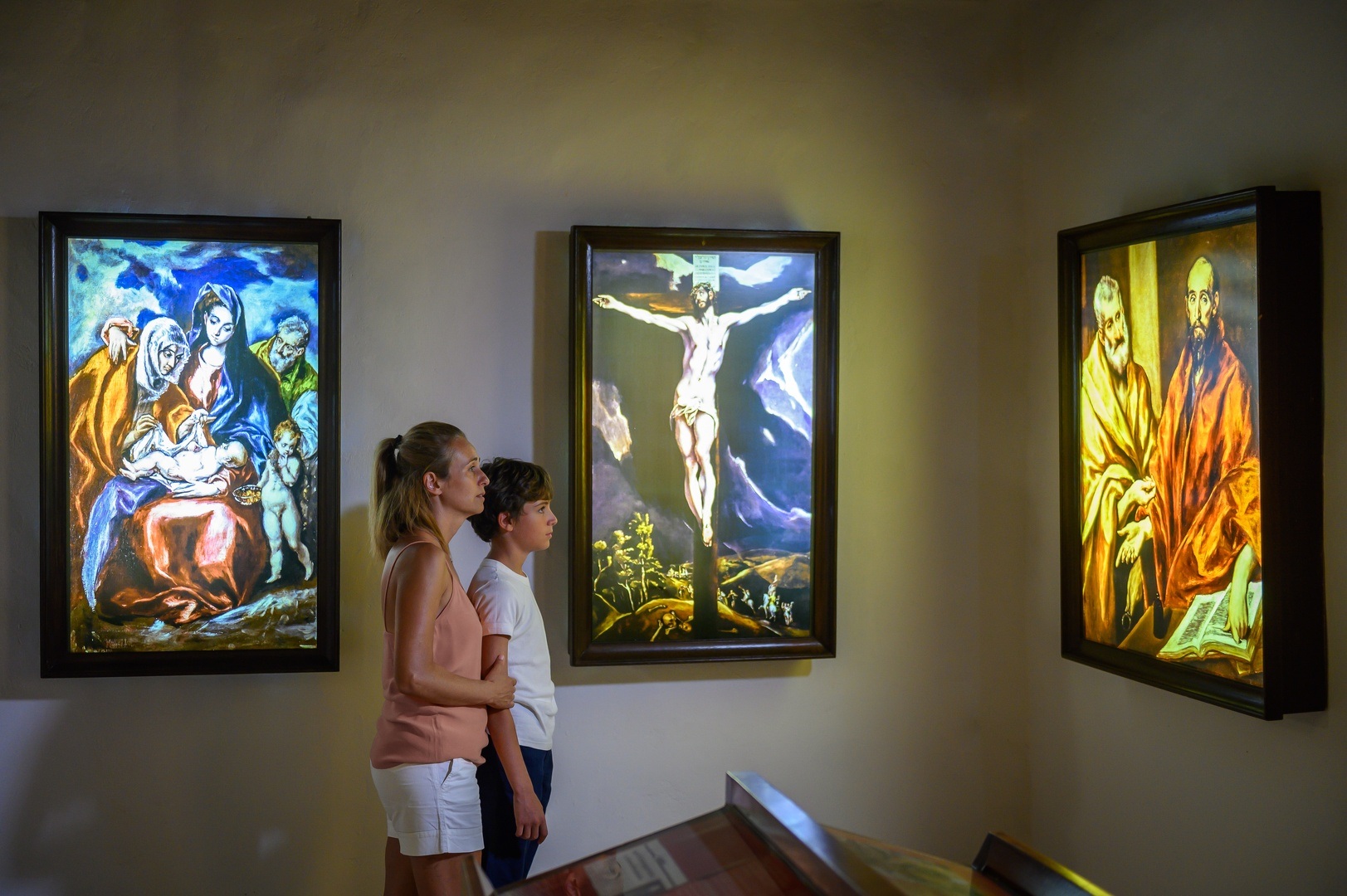Cretan Cuisine Festival
Cuisine represents culture; it embodies the heritage of each locale.
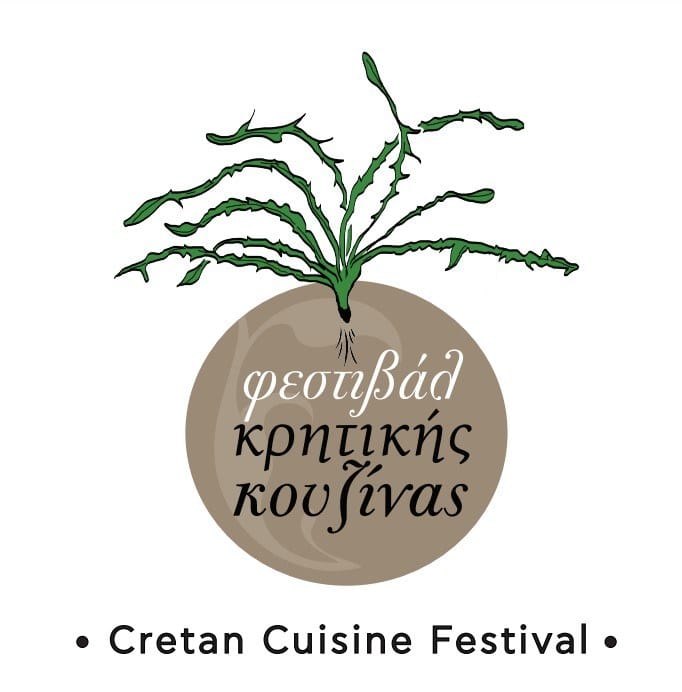
The Cretan Cuisine Festival, based in the village of Apostoli, Pediada, operates as a non-profit organisation, deriving its essence and vitality from the folk tradition and everyday people of our country.
Since its establishment in 2013, our association's goal has been to celebrate the flavour memories and nutritional culture of our country by documenting recipes from every corner of Crete.
Our recipes are accompanied by customs, traditions, as well as historical, cultural, and folklore elements.
Cuisine represents culture; it embodies the heritage of each locale.
Behind every recipe, there's a story—a cherished connection, a useful utensil, an ingredient, a memory, or more.
This culinary tradition has endured through the centuries, passed down from grandmothers to daughters and then from daughters to granddaughters.
In challenging times, these women applied their creativity to craft new recipes, caring for their families with simple ingredients found in their homes and utilising the seasonal offerings of nature to create the most delicious and healthy dishes.
These women, who measured by handfuls and intuition, who kneaded, seasoned, and nurtured, cooking their meals with the same care as they showed their children, and possessing a magical ability to turn necessity into tradition and celebration, are my heroines.
This is the culture we aim to share and pass down to future generations, particularly our children, fostering an appreciation for the customs and traditions that connect them to the rich cultural heritage of Crete and its roots.
Therefore, in 2018, the Cooking Guide was published—a book crafted by many skillful hands, showcasing the culinary expertise of Cretan housewives. The intention behind this endeavour was to allocate all proceeds from the book's distribution to acquiring equipment for the Haematology/Oncology clinic for children and adolescents in Crete, as well as the Oncology Clinic of the University General Hospital of Heraklion (PAGNI).
We persist in documenting recipes from every corner of Crete, and we are on the verge of publishing the second edition of the Cooking Guide.
Lena Igoumenaki
President of the Cretan Cuisine Festival Association
Cretan Cuisine Festival
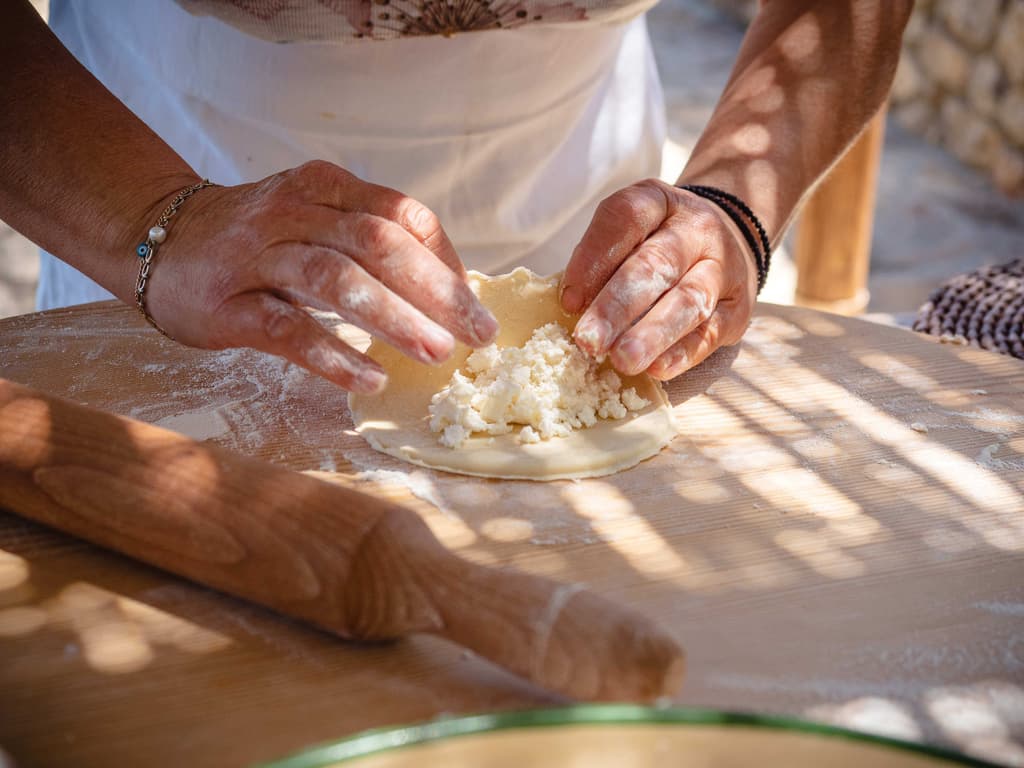
Mizithropites: Authentic Cretan Pies
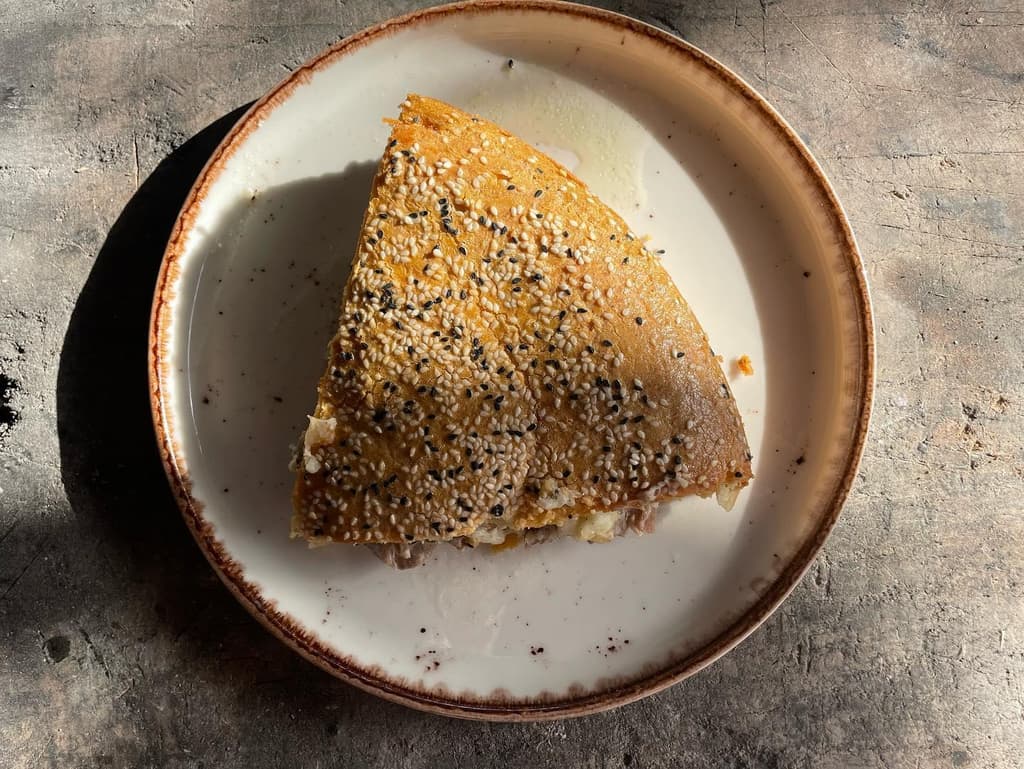
Meat cake
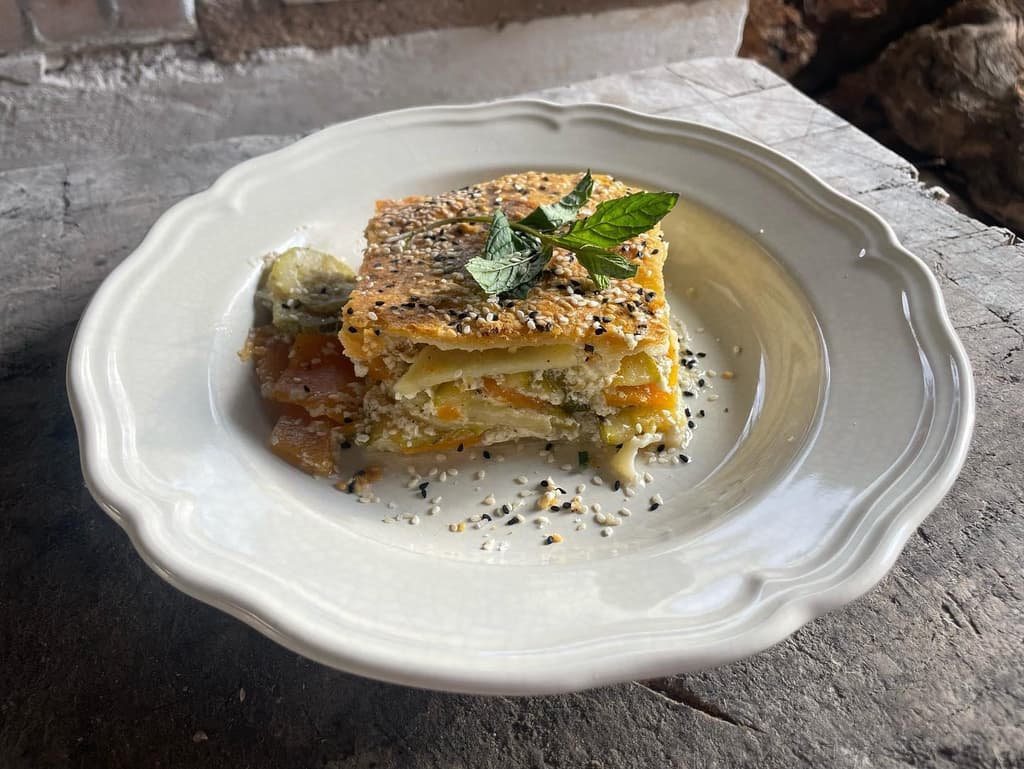
Chania Boureki or Courgette Boureki
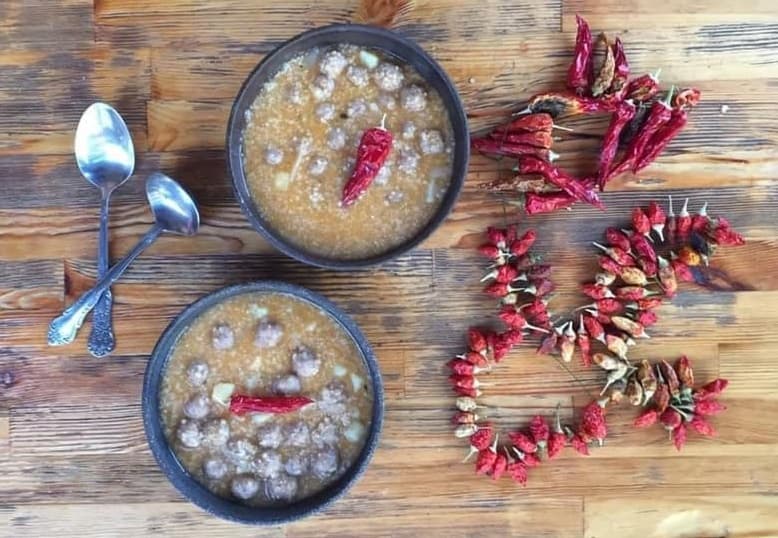
Topia (Balls)
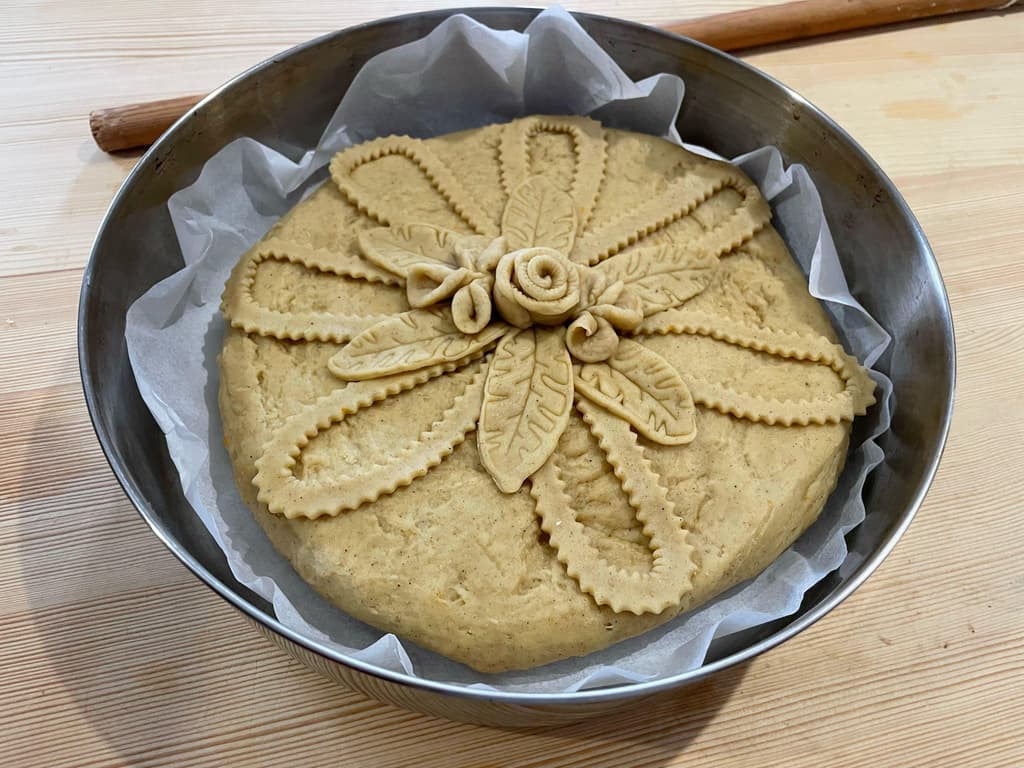
The Traditional 'Bread of the Year'
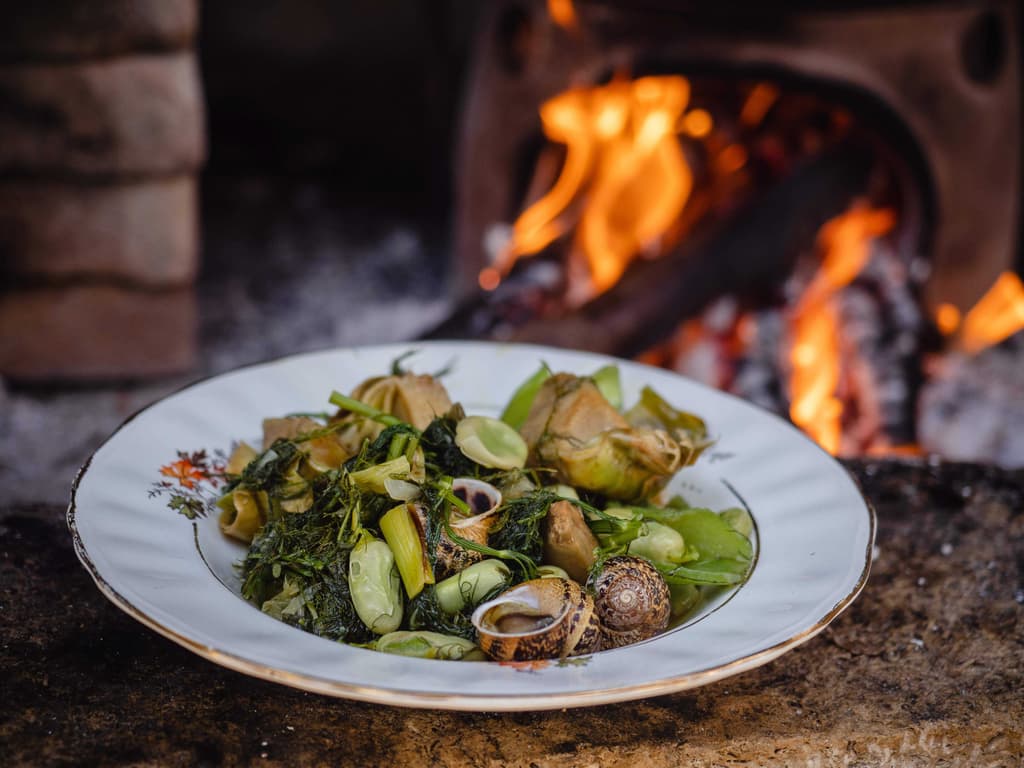
Snails with Broad Beans and Artichokes
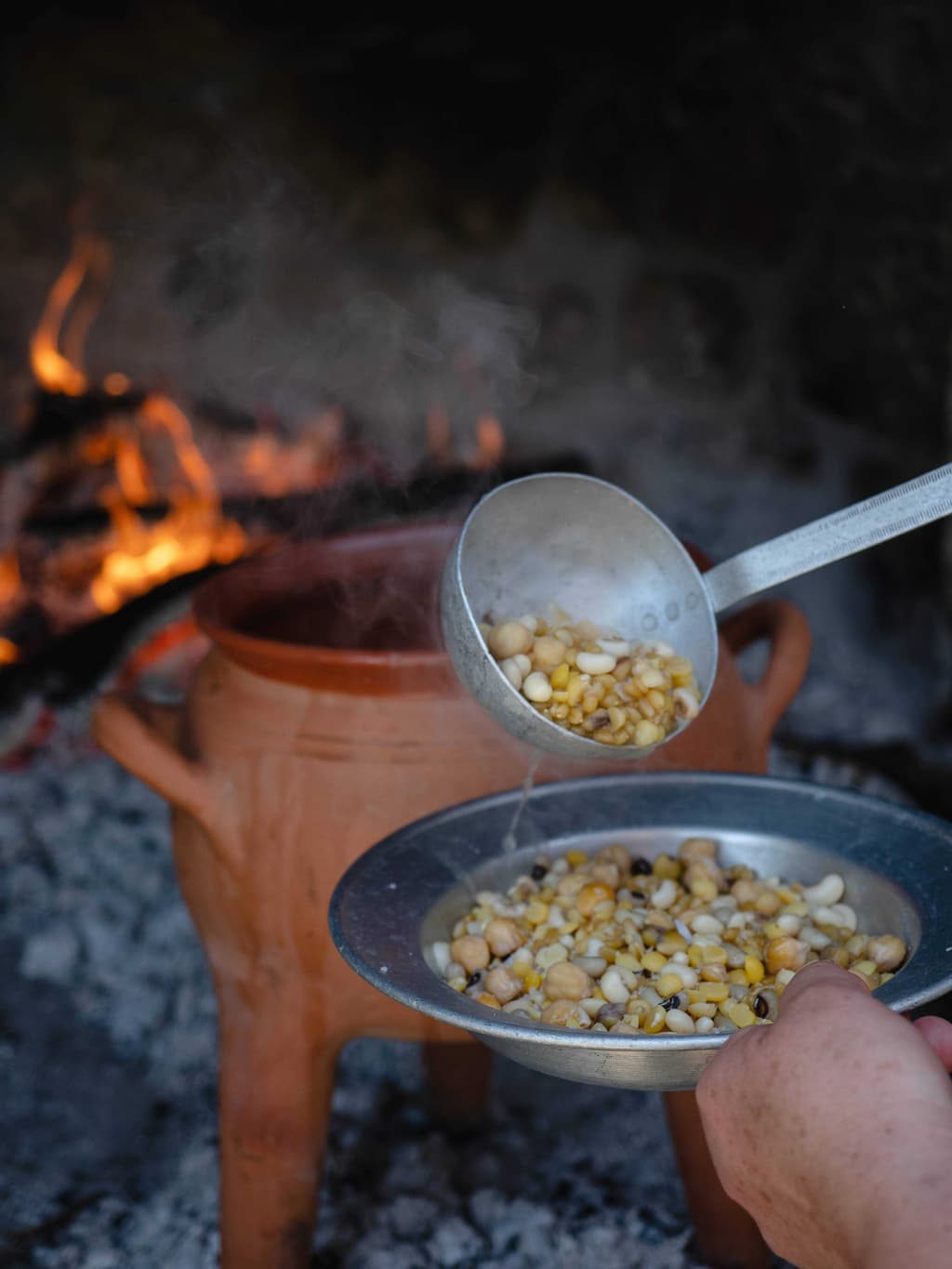
Cretan Ospriada or Palikaria (A Legume Dish)
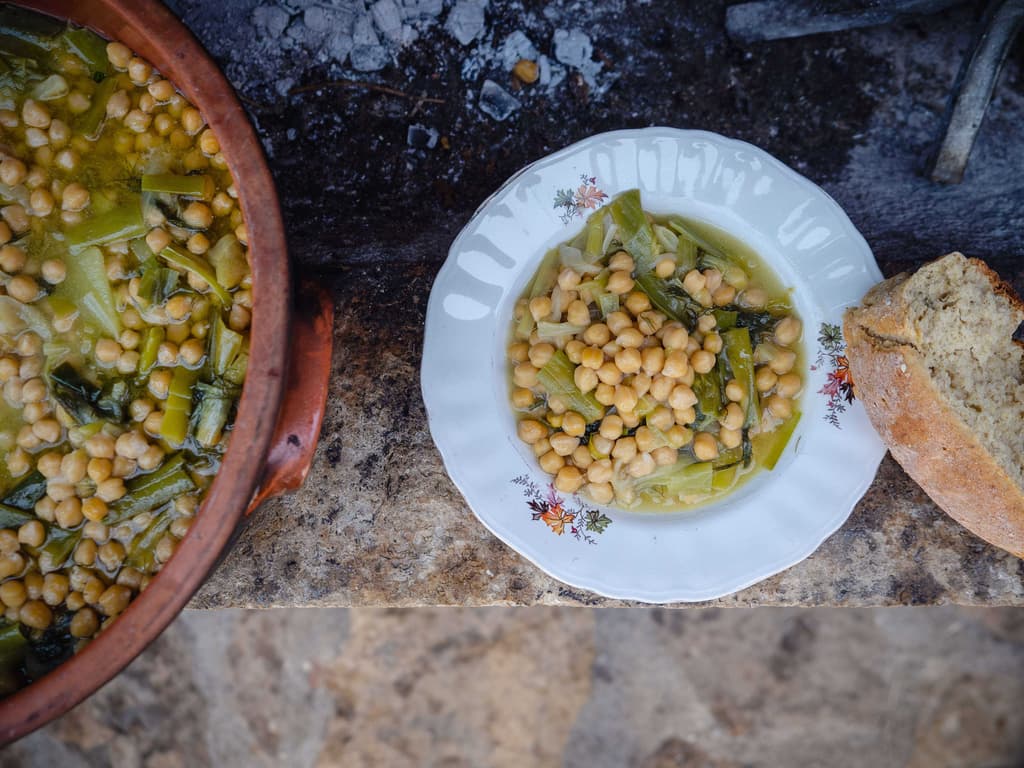
Chickpeas with Wild Leeks, Flour and Lemon Sauce
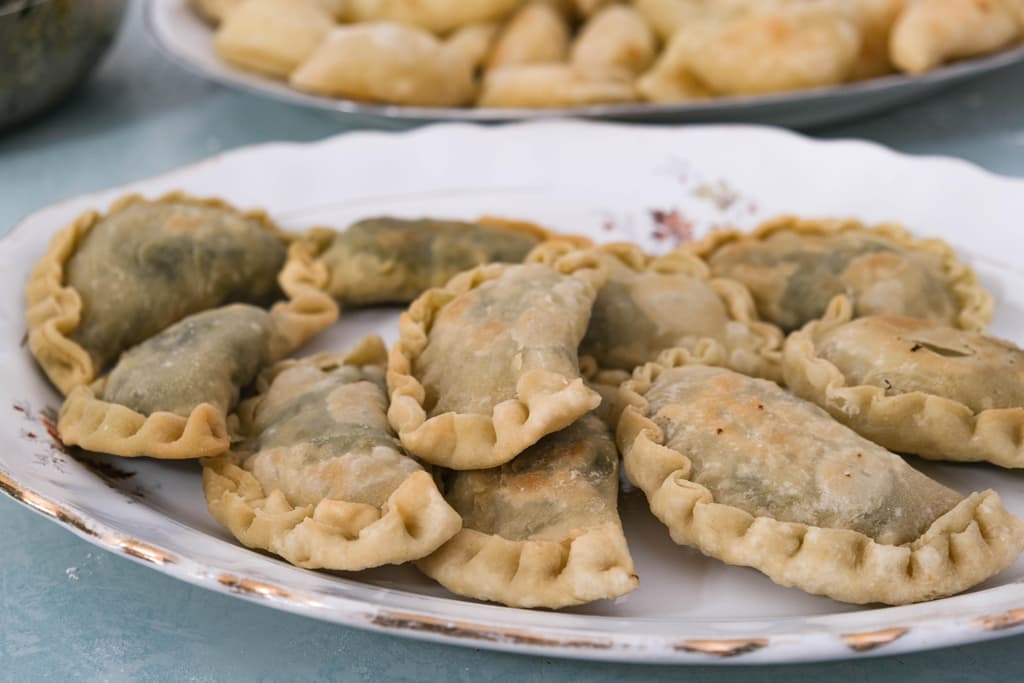
Pies with ‘Yachnera’ Greens
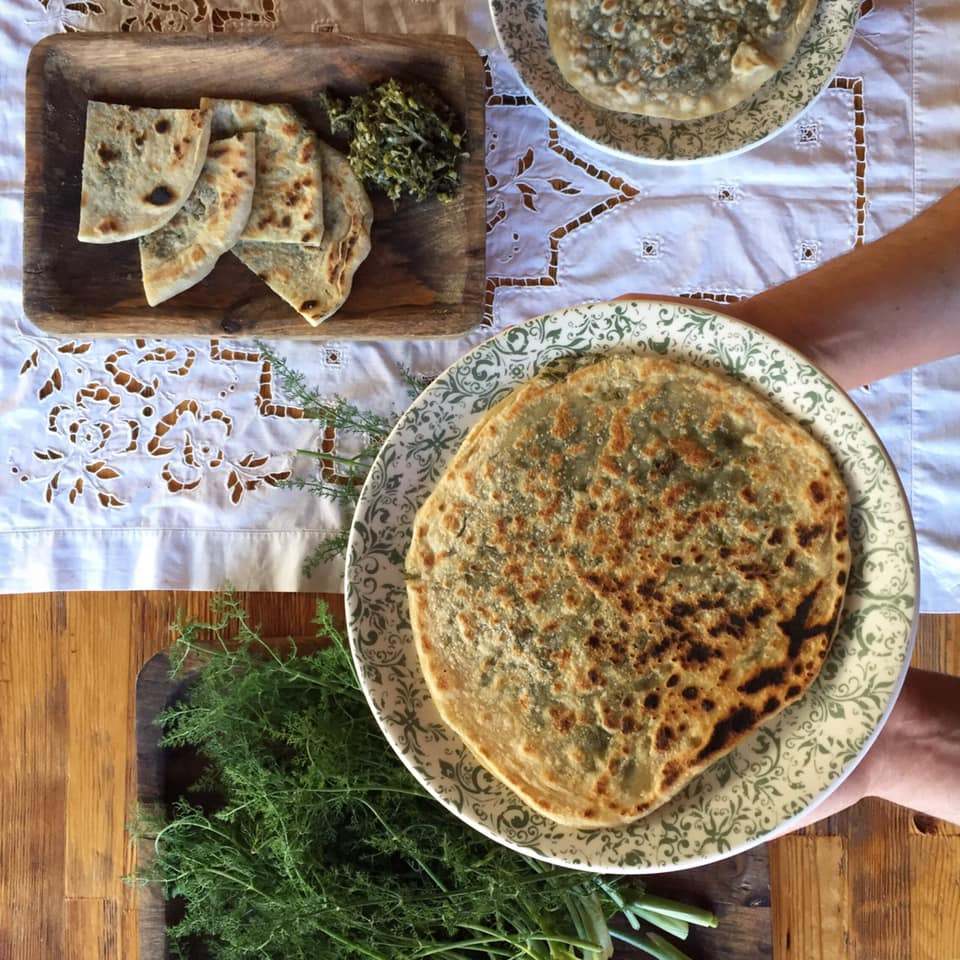
Fennel Pie

Sfakian Pie or Sfakianopita

Biscuits with Sesame Seeds

Sweet Rice Pie or 'Tzoulamas'
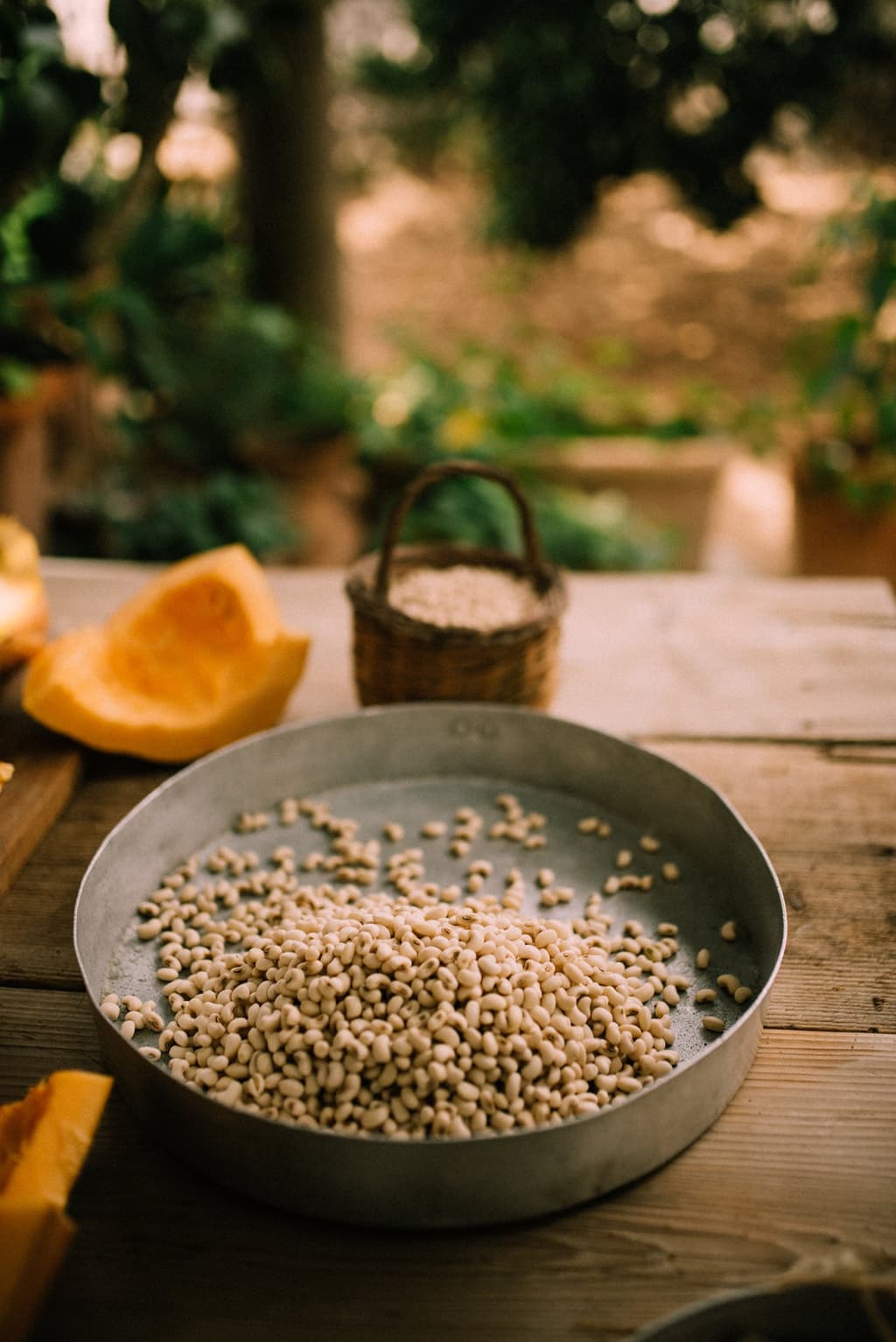
Apostoli White-Eyed Bean
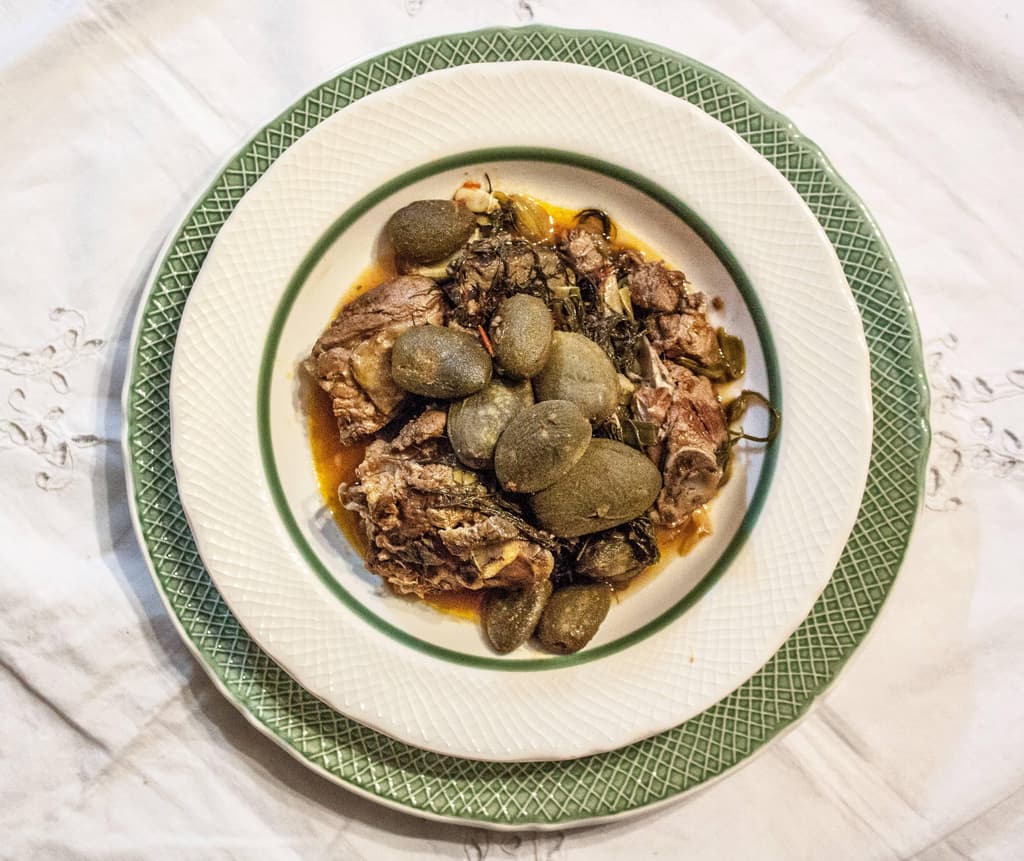
Almond-Infused Goat Dish with Fennel: A Fresh Delight
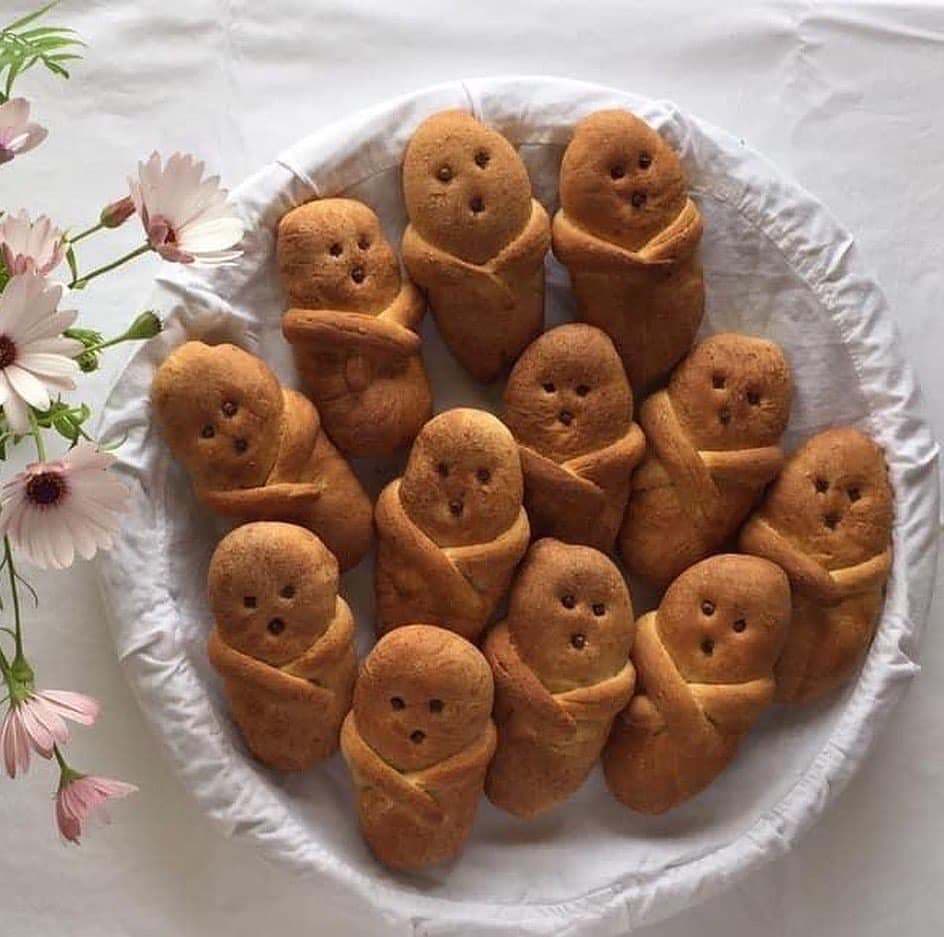
Lazarosavato
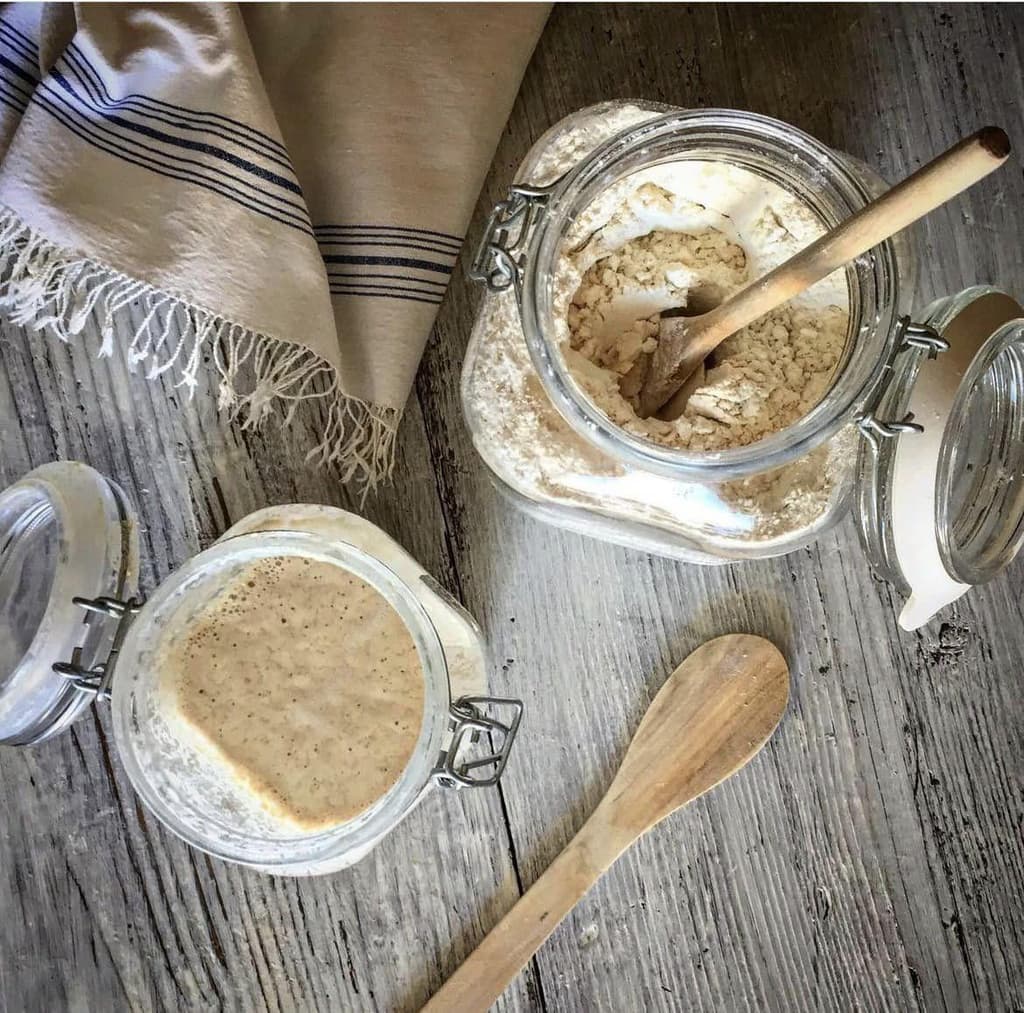
The Holy Week Sourdough
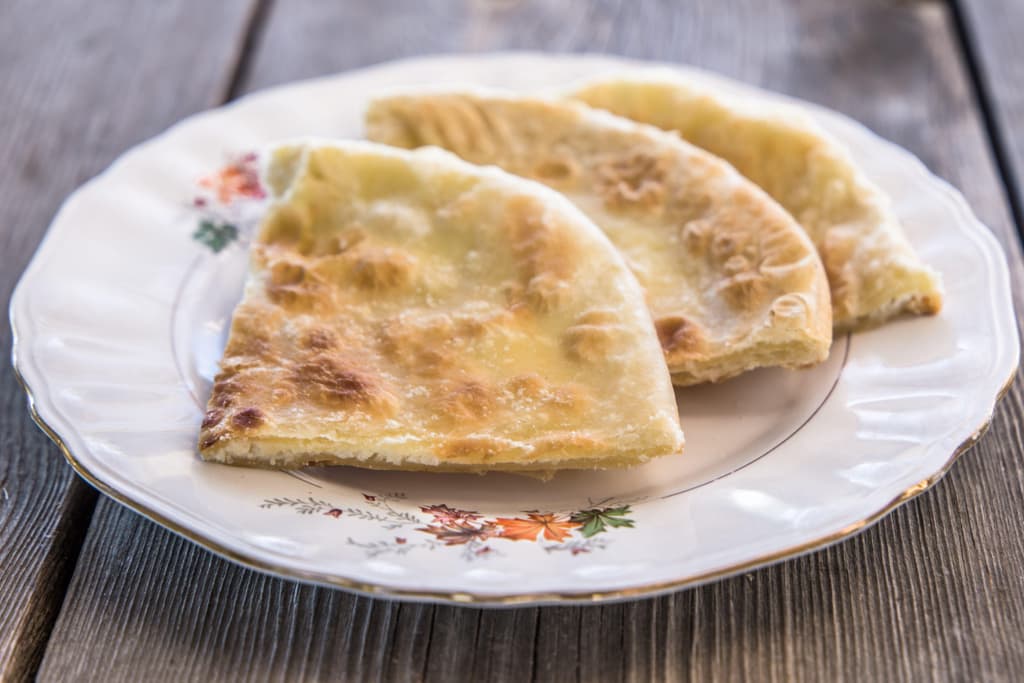
Nerati Mizithropita
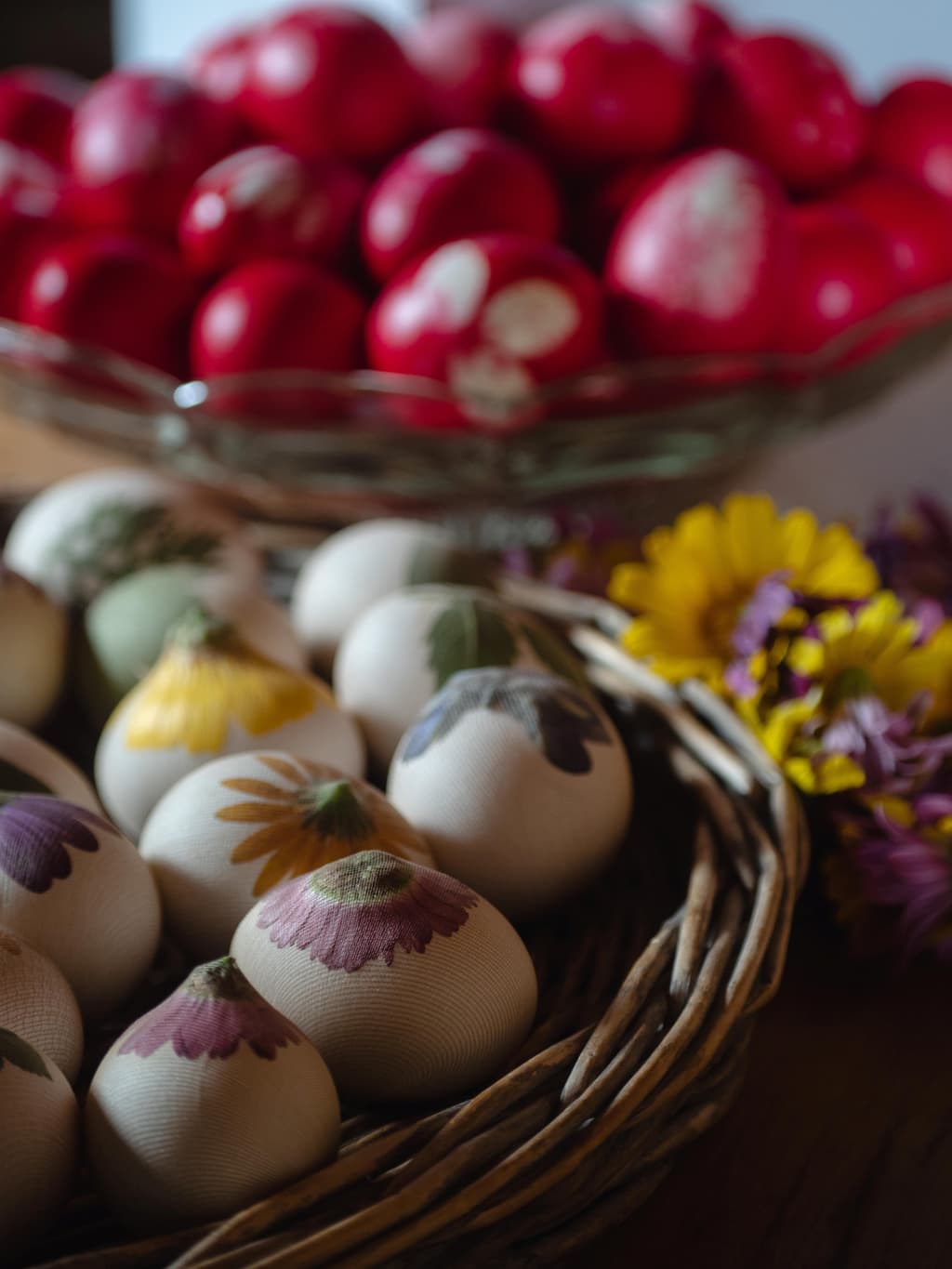
Easter Eggs
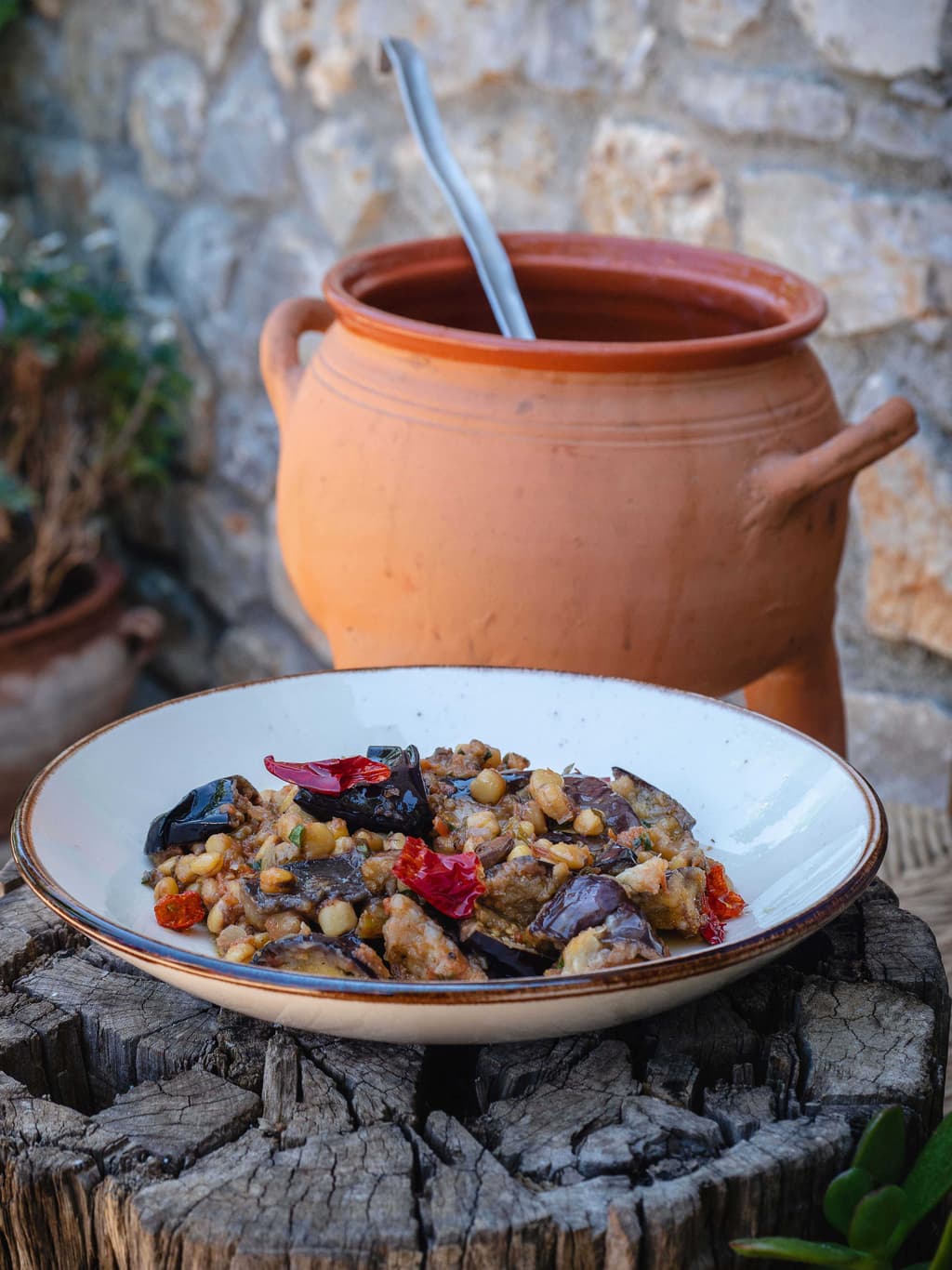
Kalikota
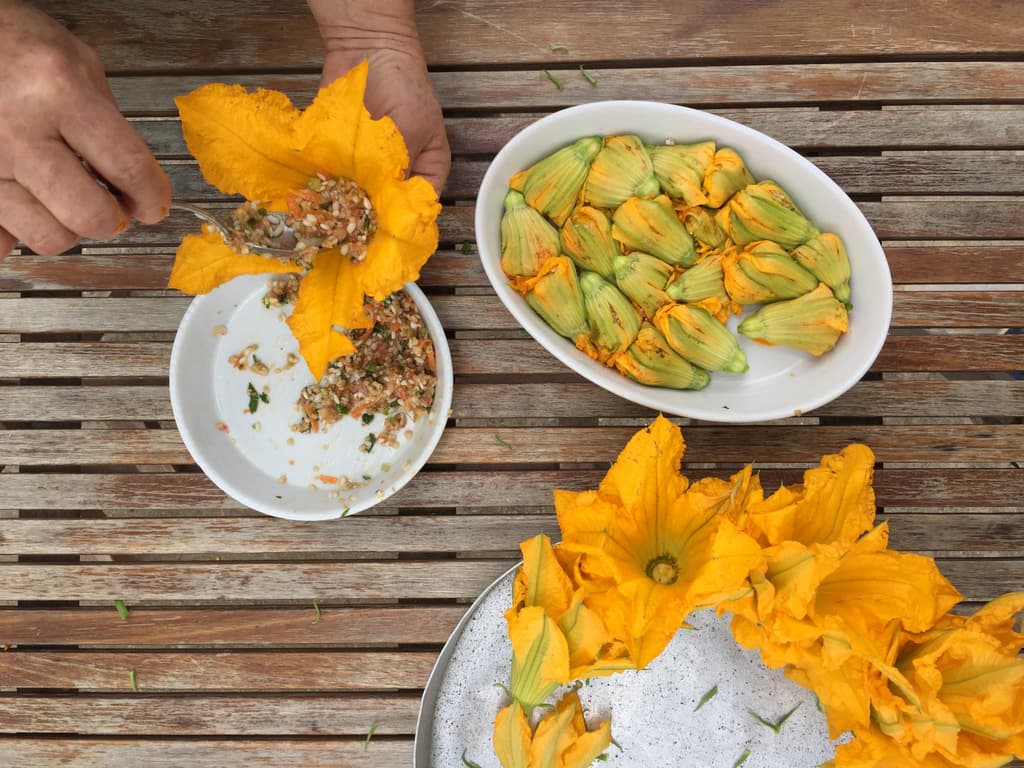
Stuffed Courgette Flowers
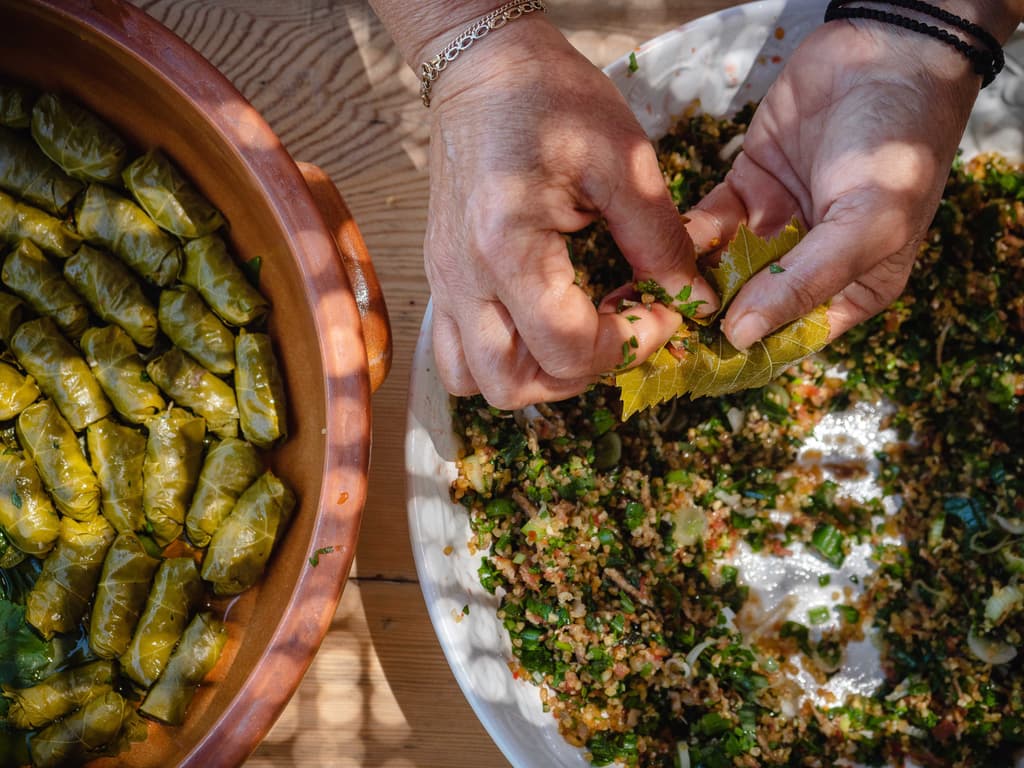
Stuffed Vine Leaves

Cracked Wheat and Snails
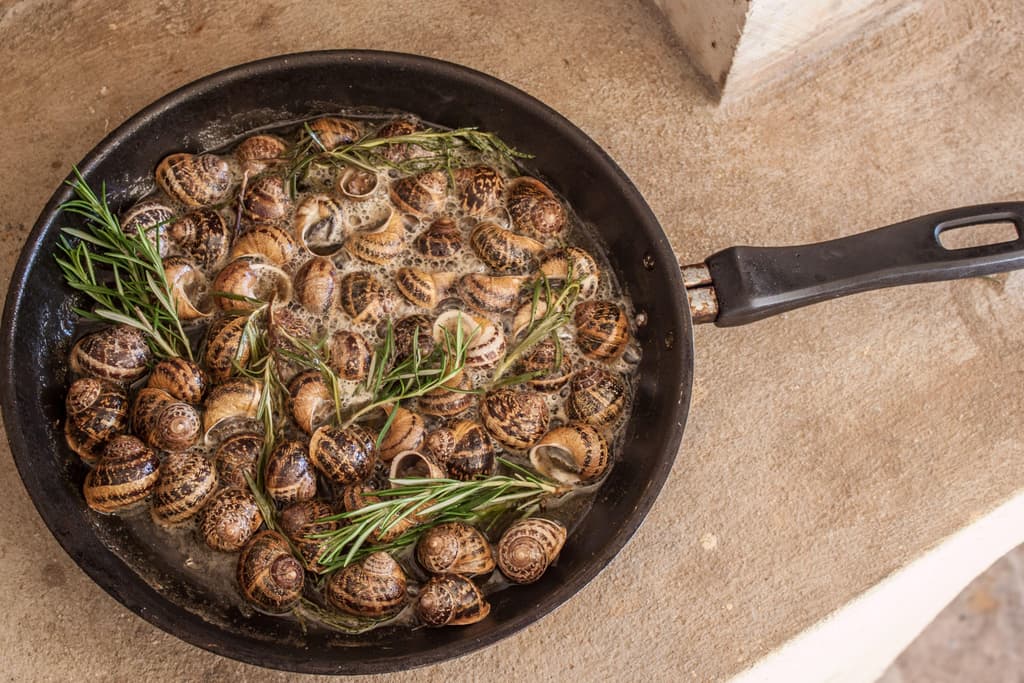
Chochli Boubouristi (Snails Face Down)
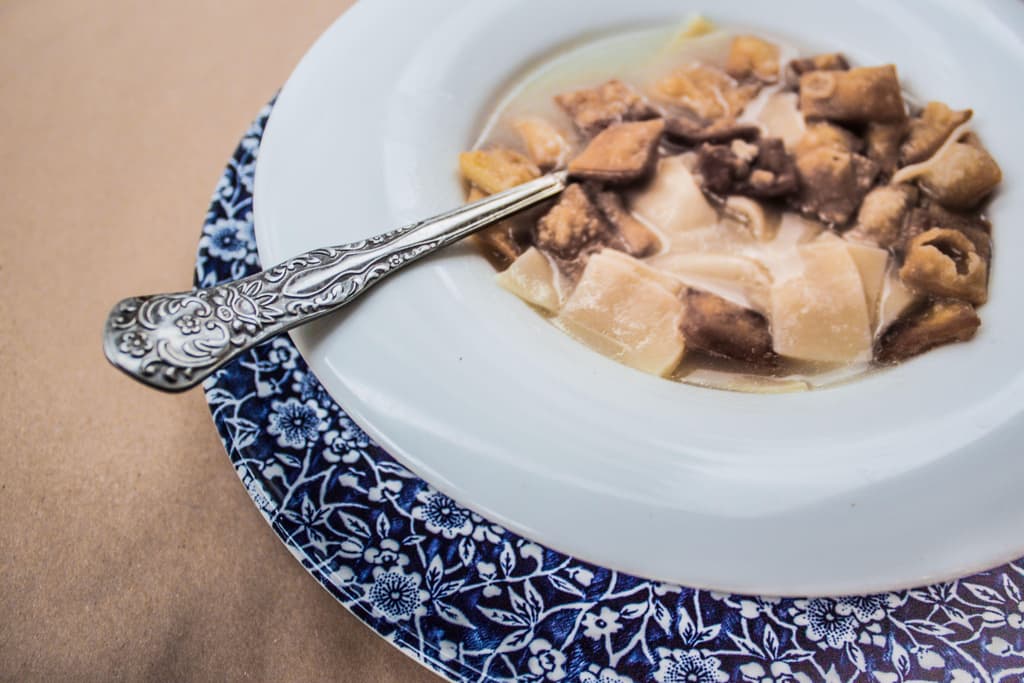
Mangiri
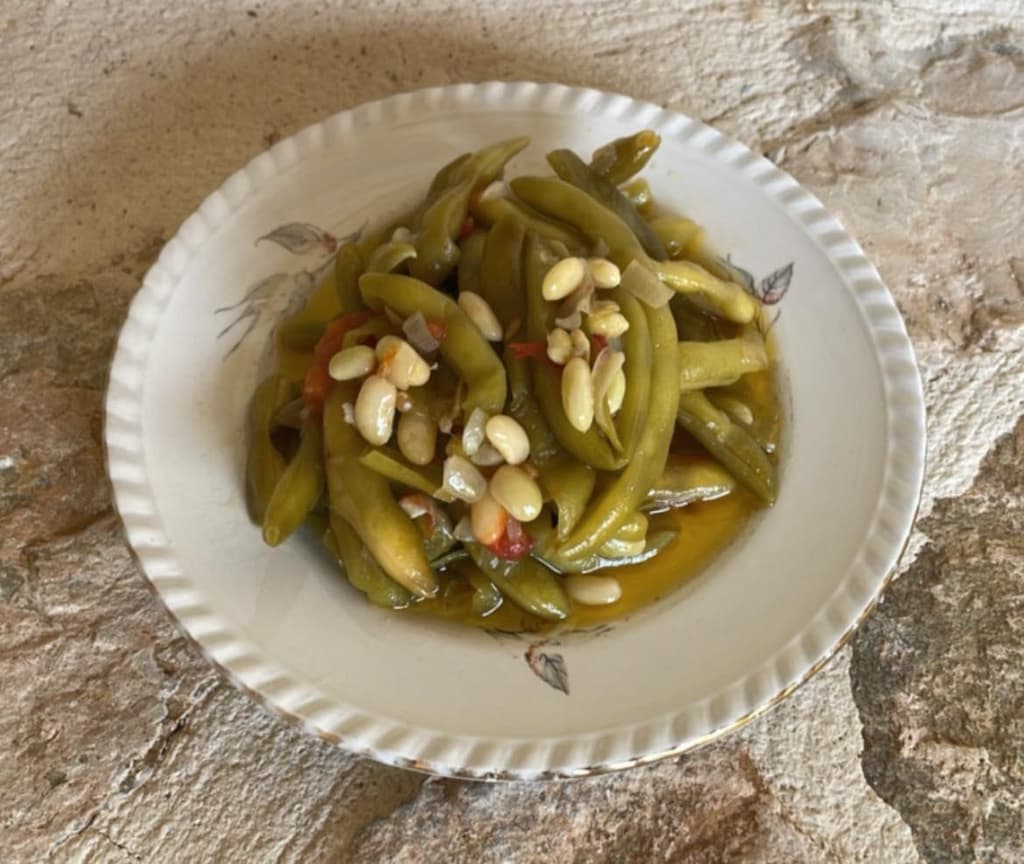
Symian Bean
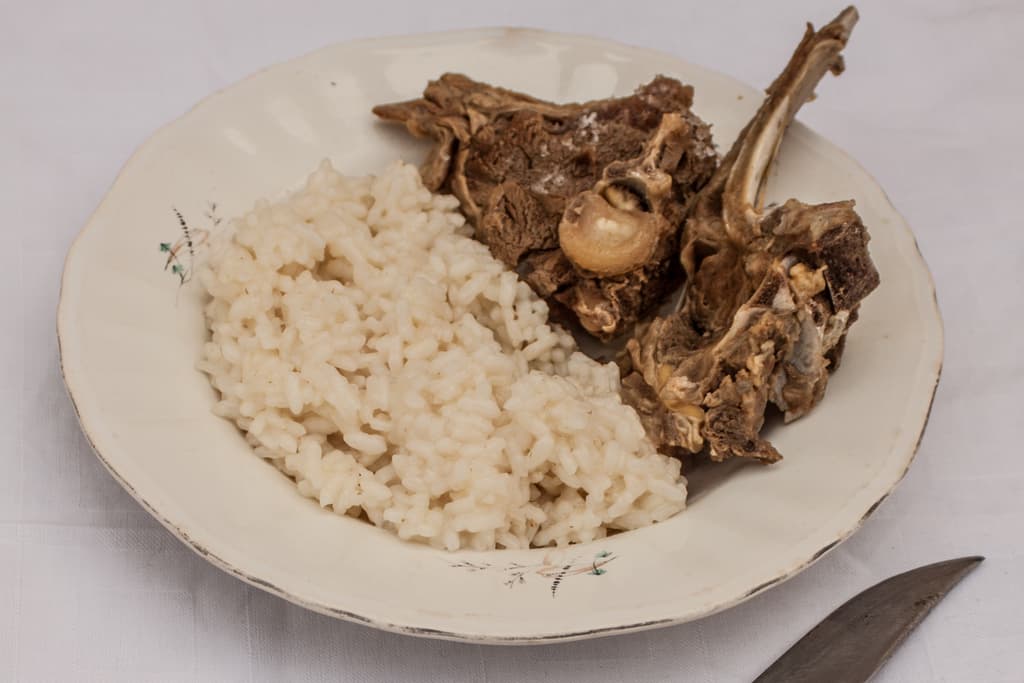
Cretan Pilaf
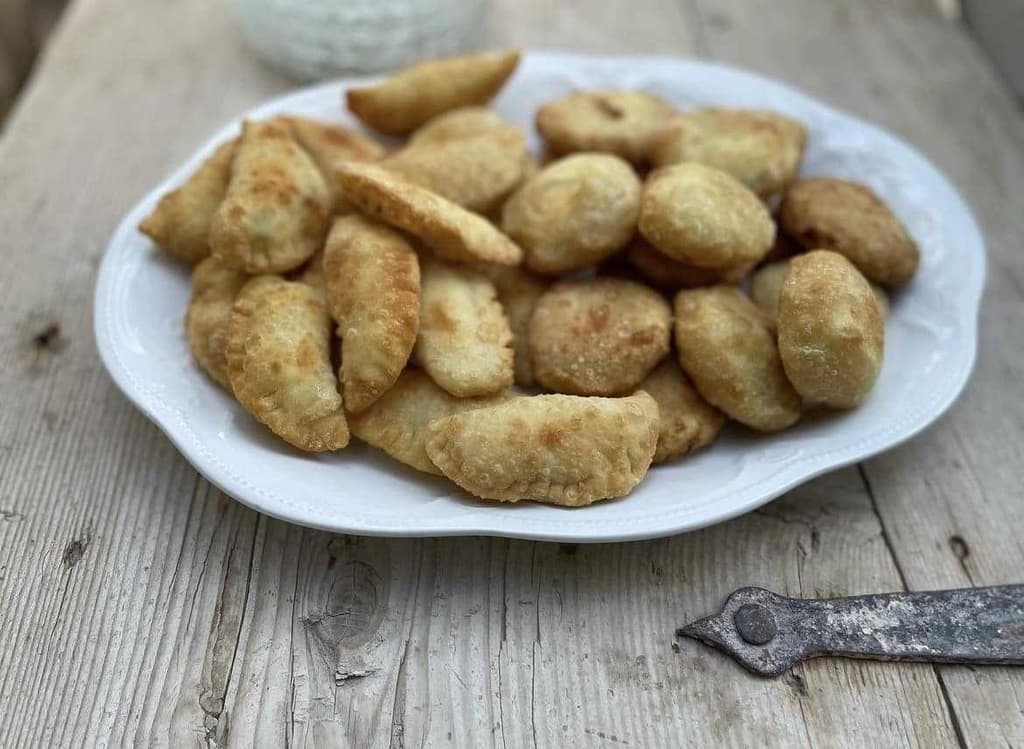
Rethymno Water Pies
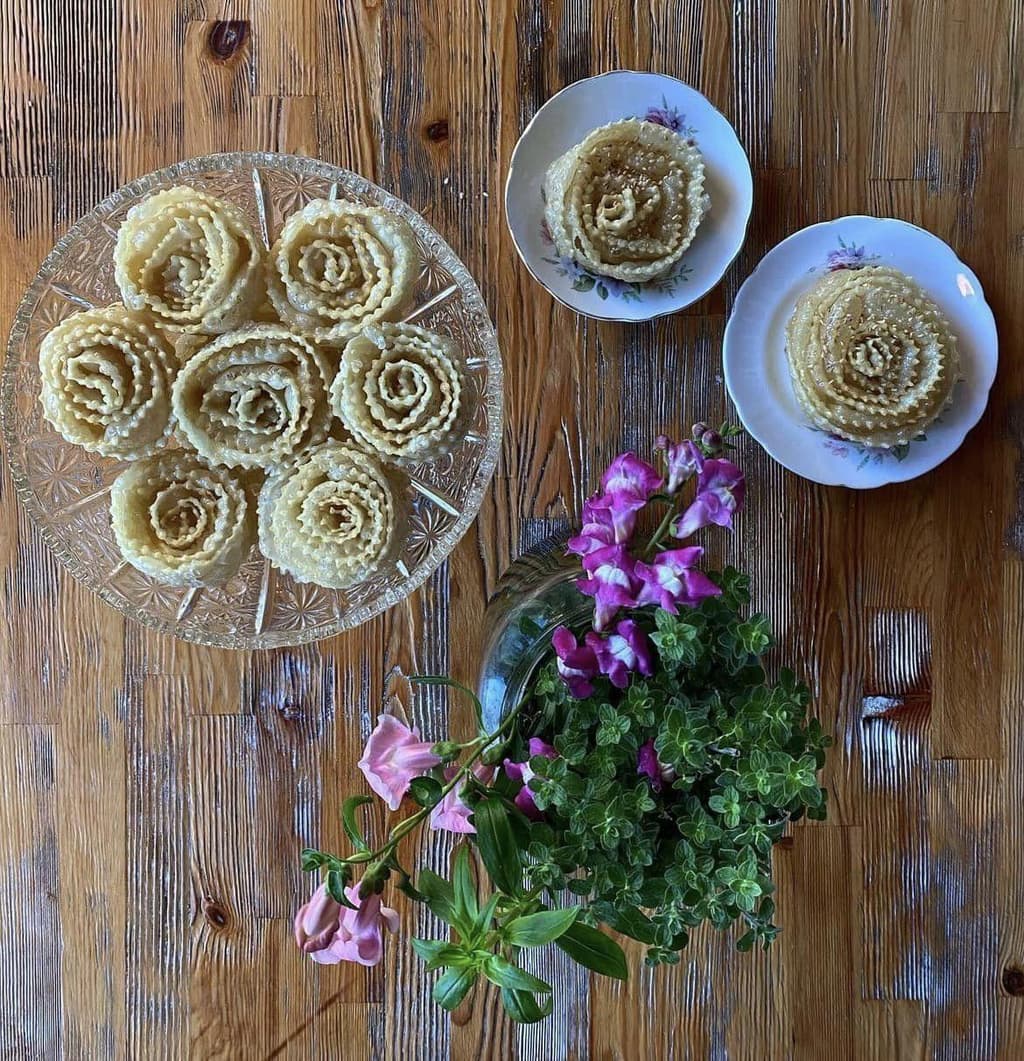
Xerotigana
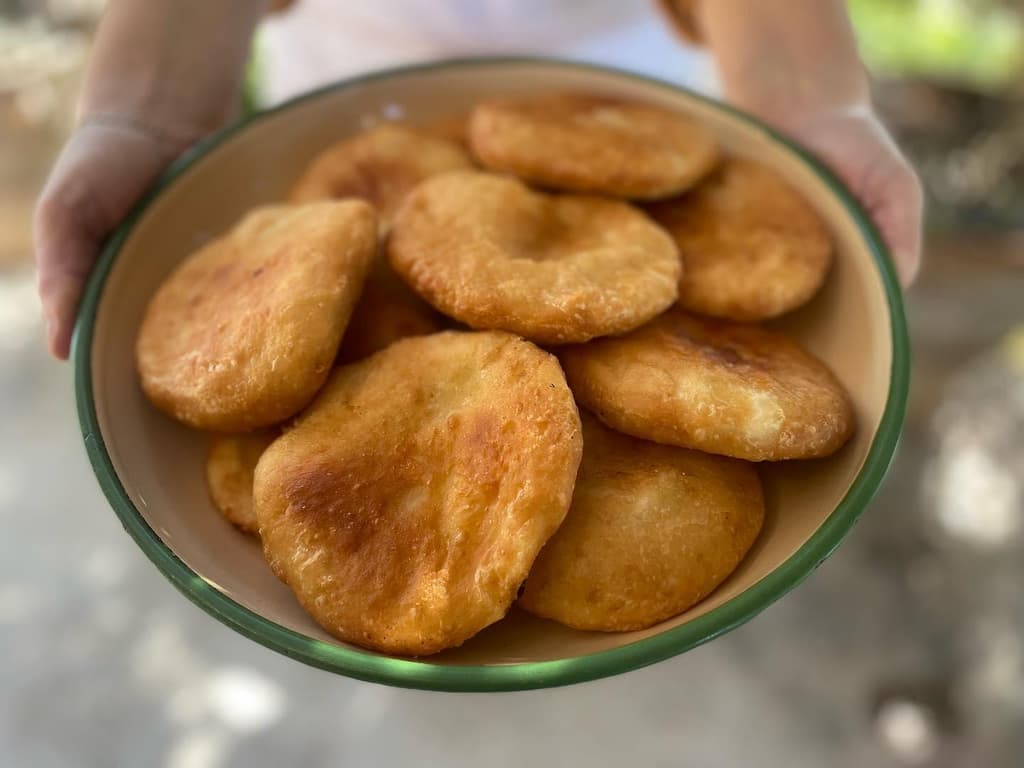
Agnopites
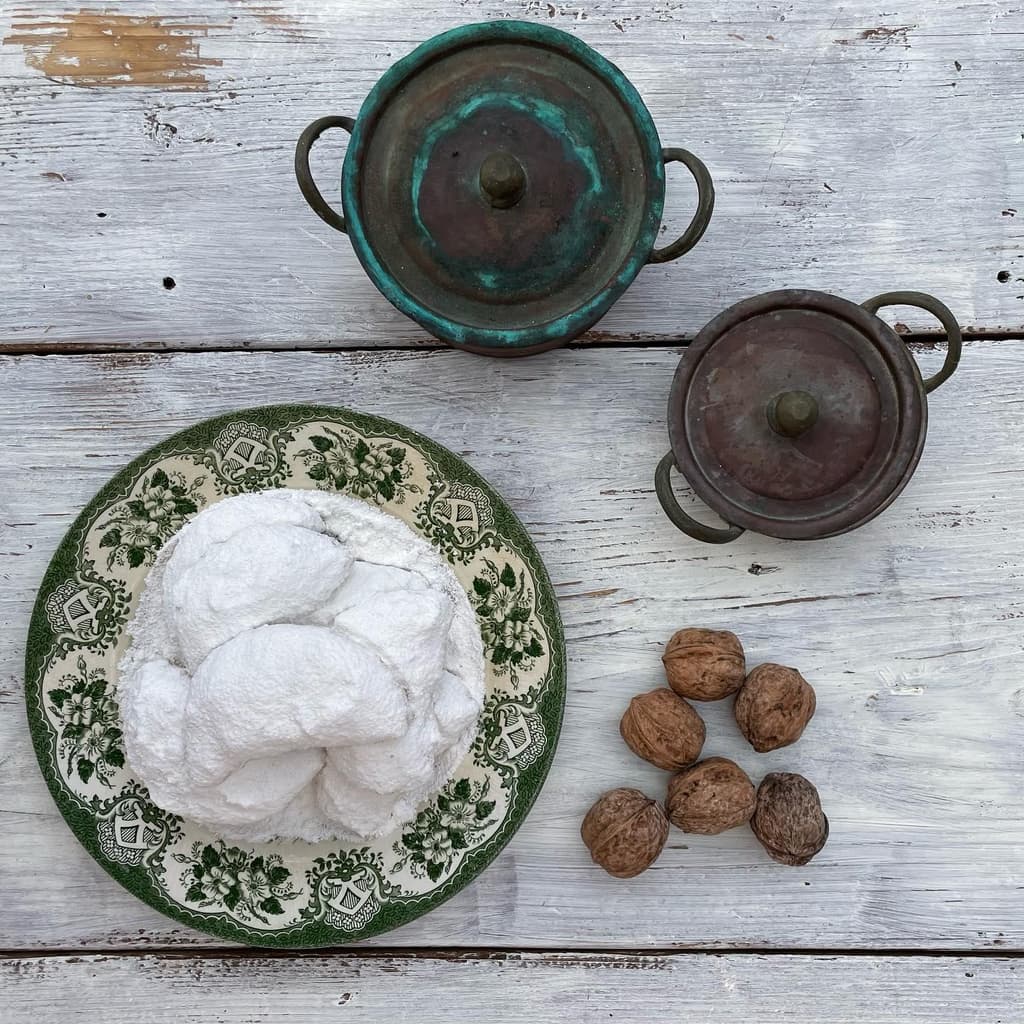
Patoudo

Safidota
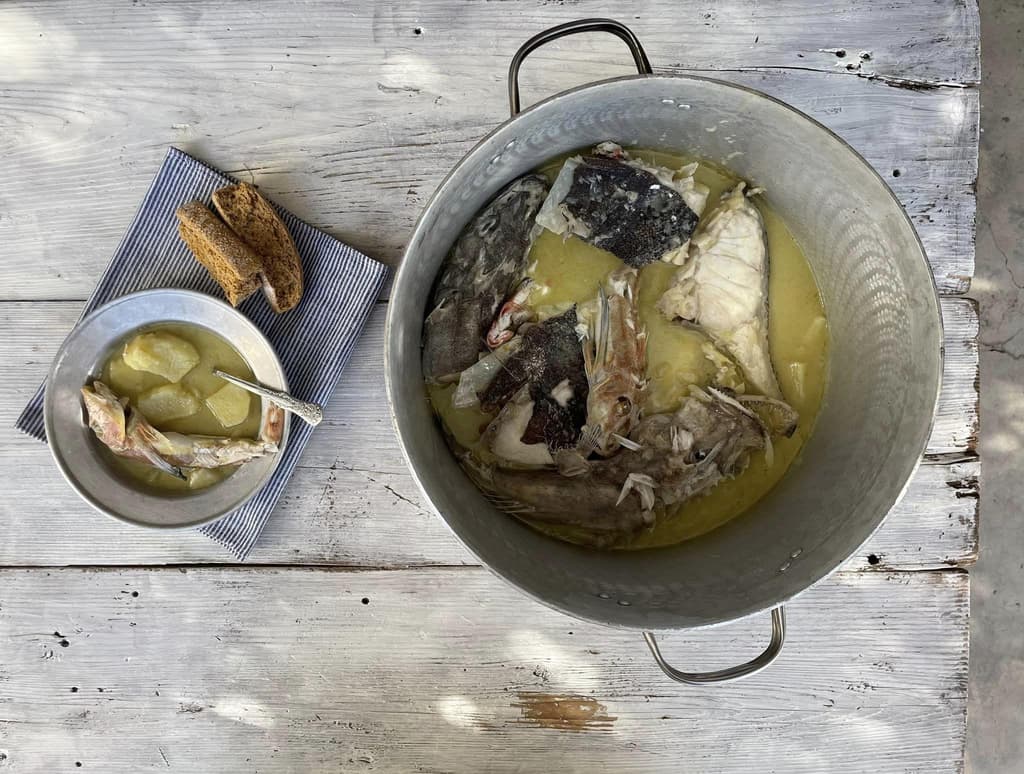
Kakavia (Fish Soup)
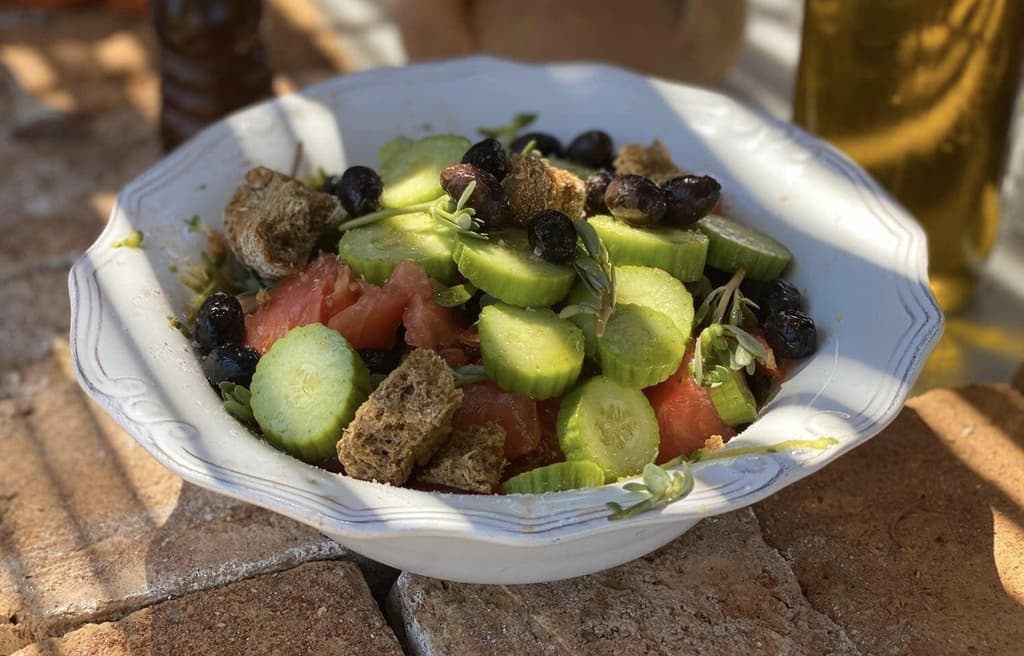
Cretan Greek salad
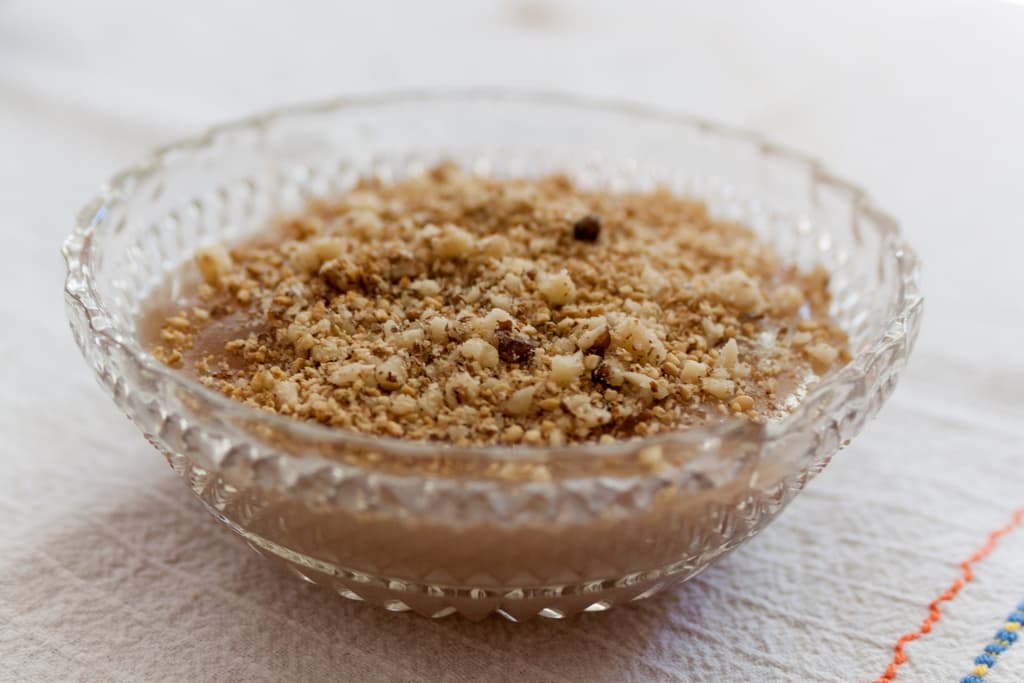
The Sweet Bounty of the Cretan Harvest
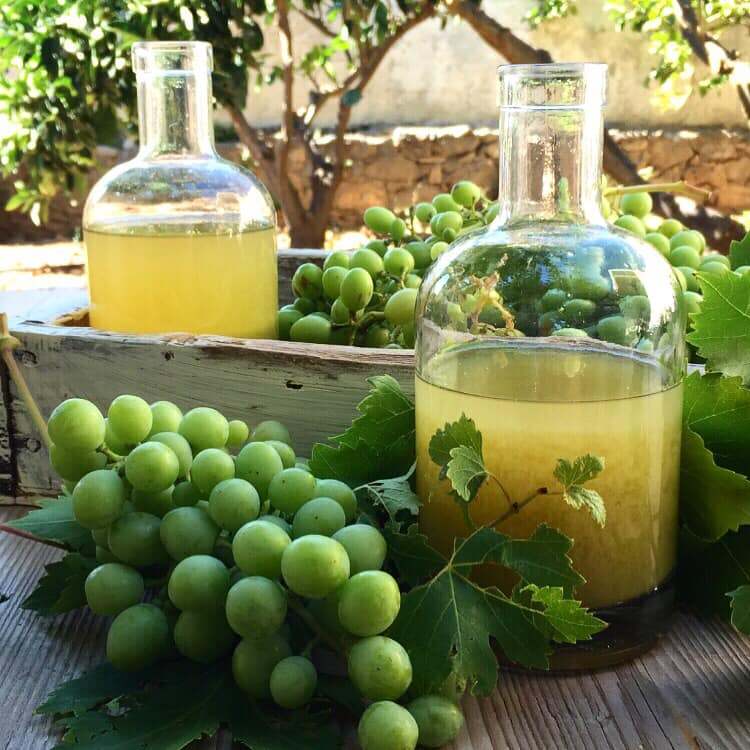
Okra and Unripe Grape
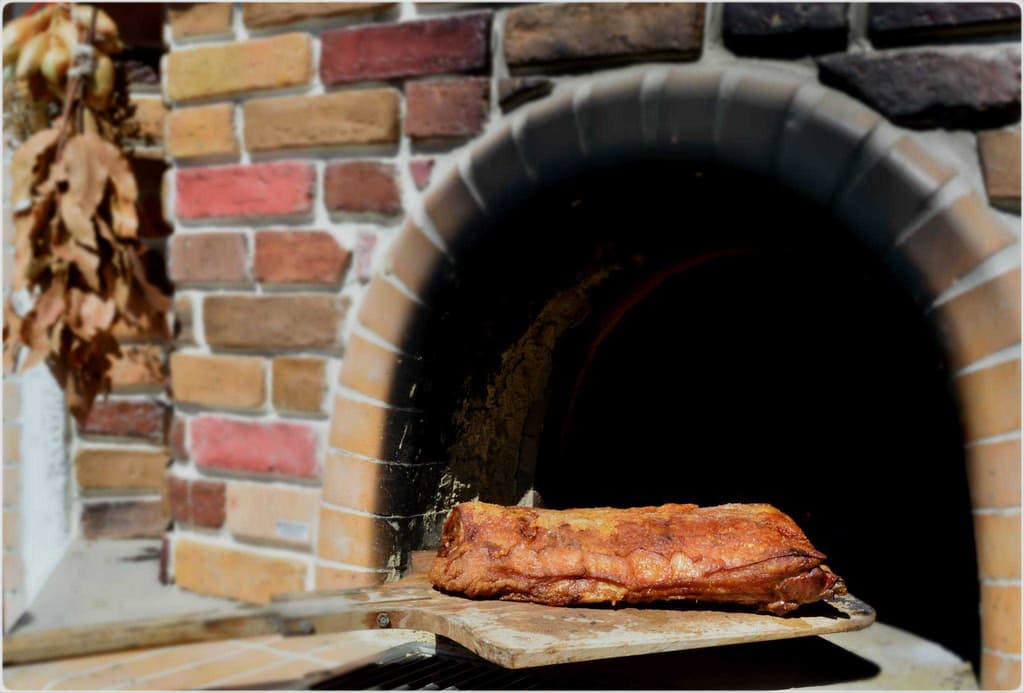
Kapriko
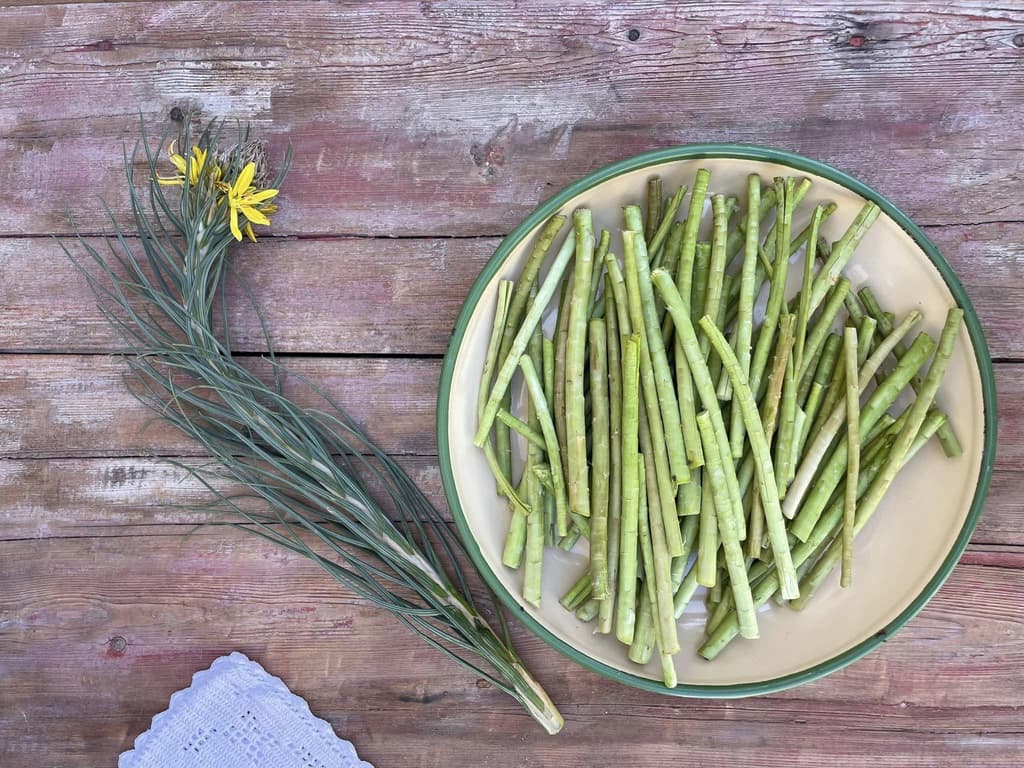
Discovering and Cooking Asphodelaceae: A Taste of Local Cuisine
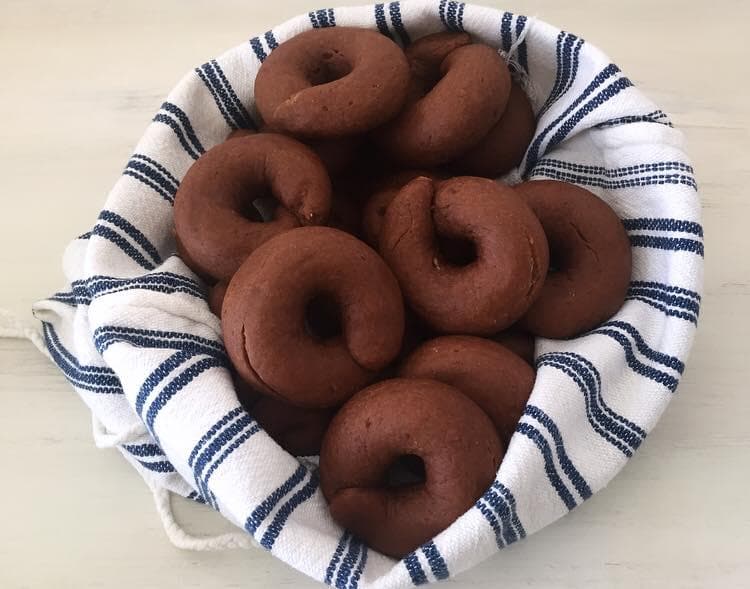
Moustokouloura
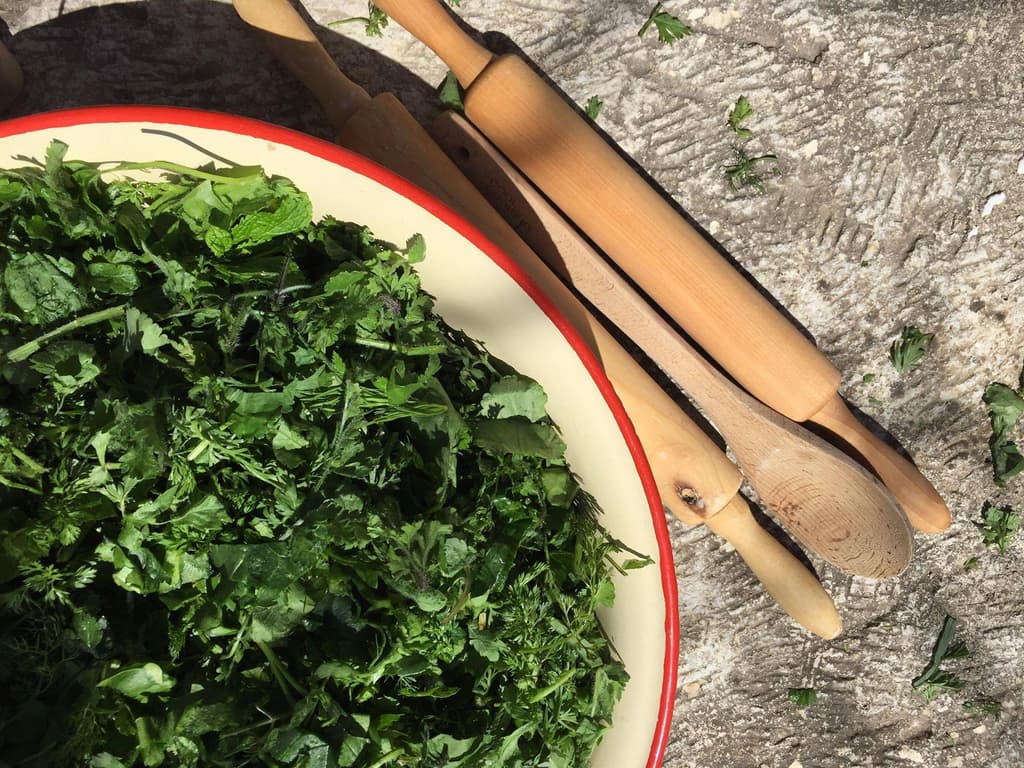
Pie with 'Yachnera' Greens: Baked to Perfection
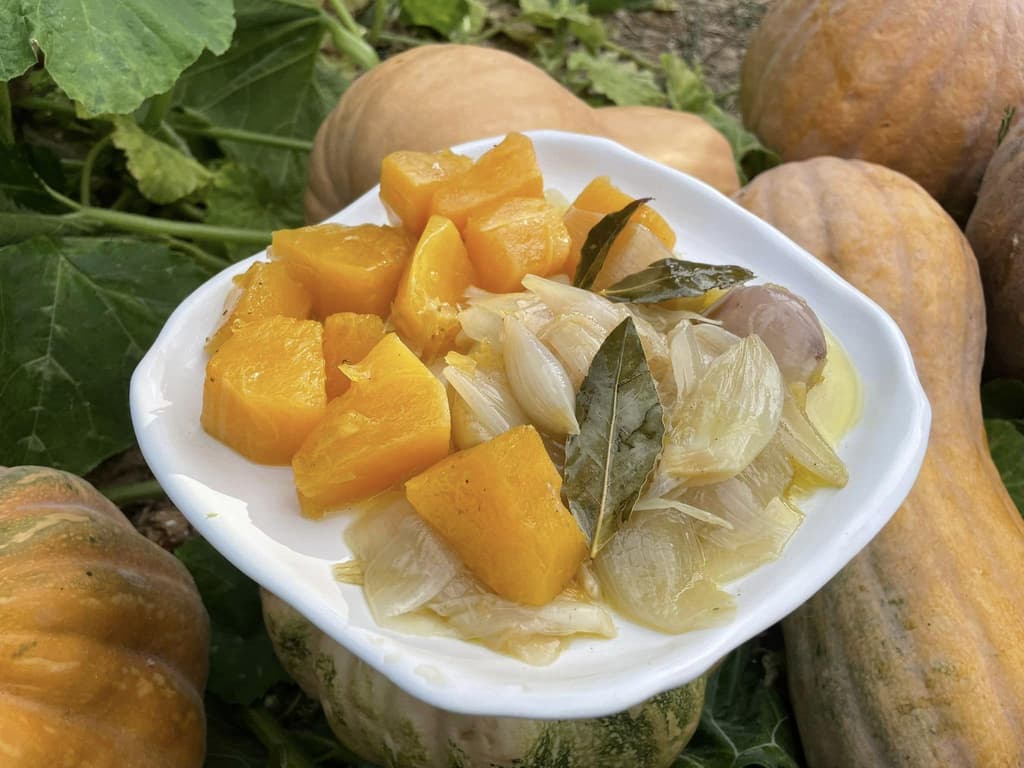
Pumpkin Stifado
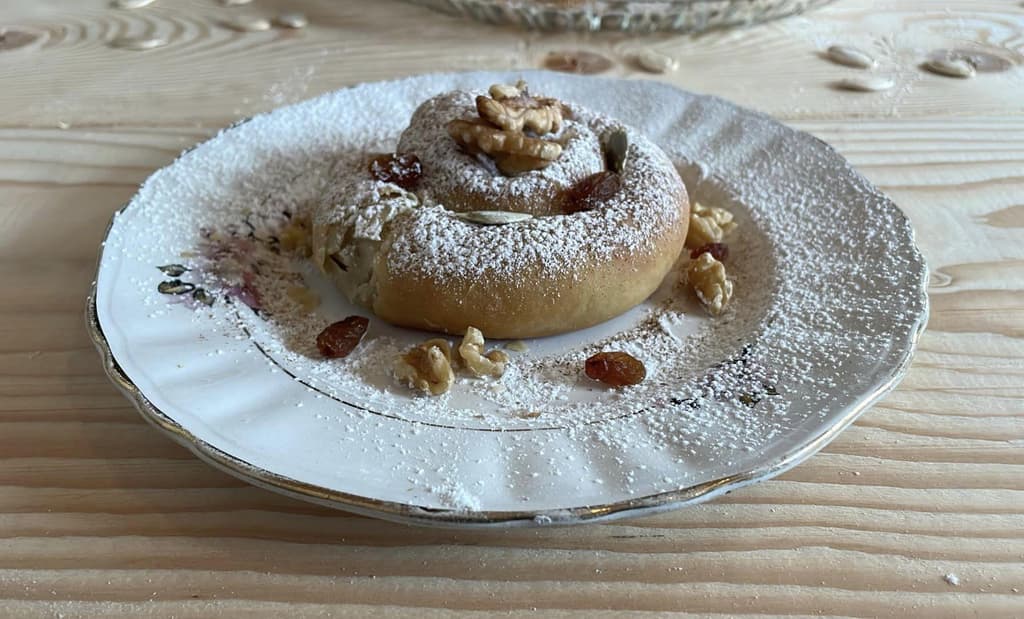
Sweet Pumpkin Pies with Raki Leaves (Oven)
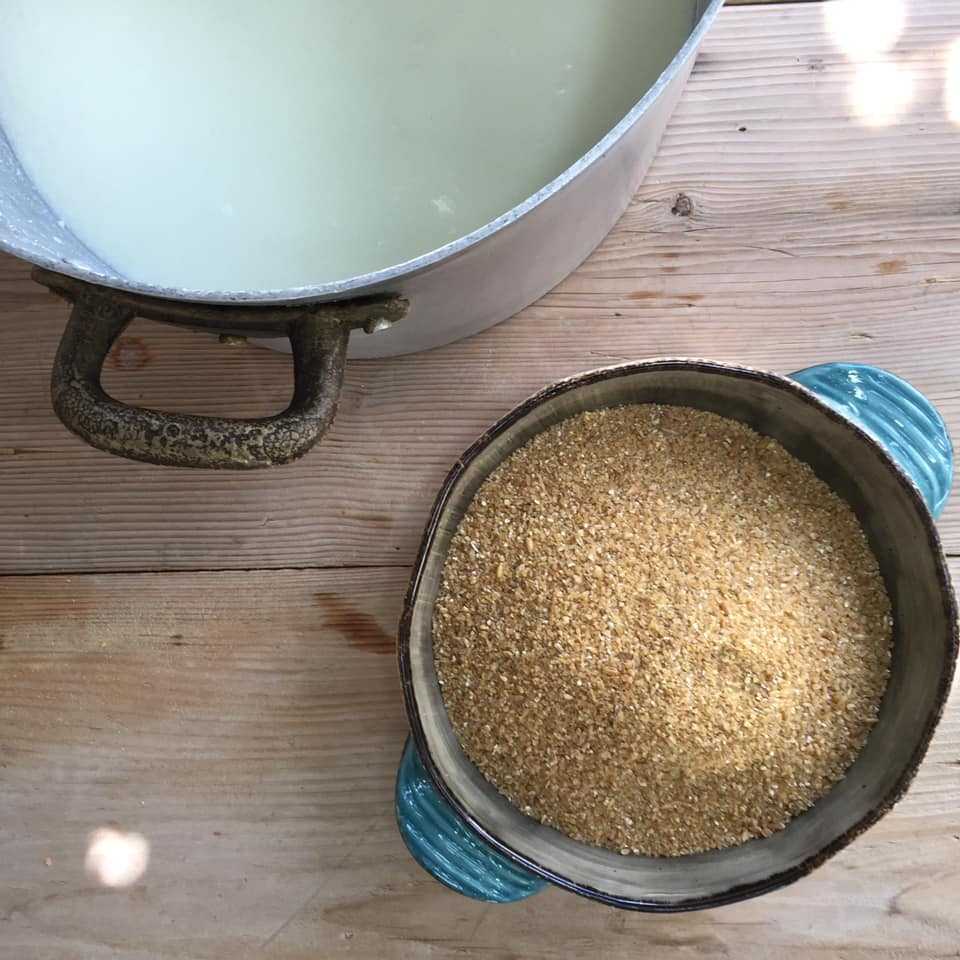
Xinochondros: Sour Bulgur Pasta
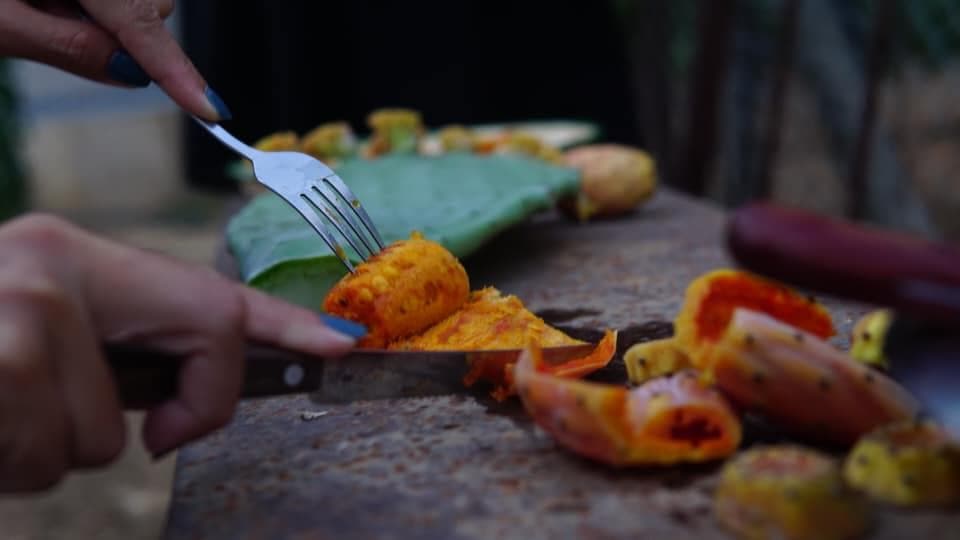
Prickly Pear or Indian Fig
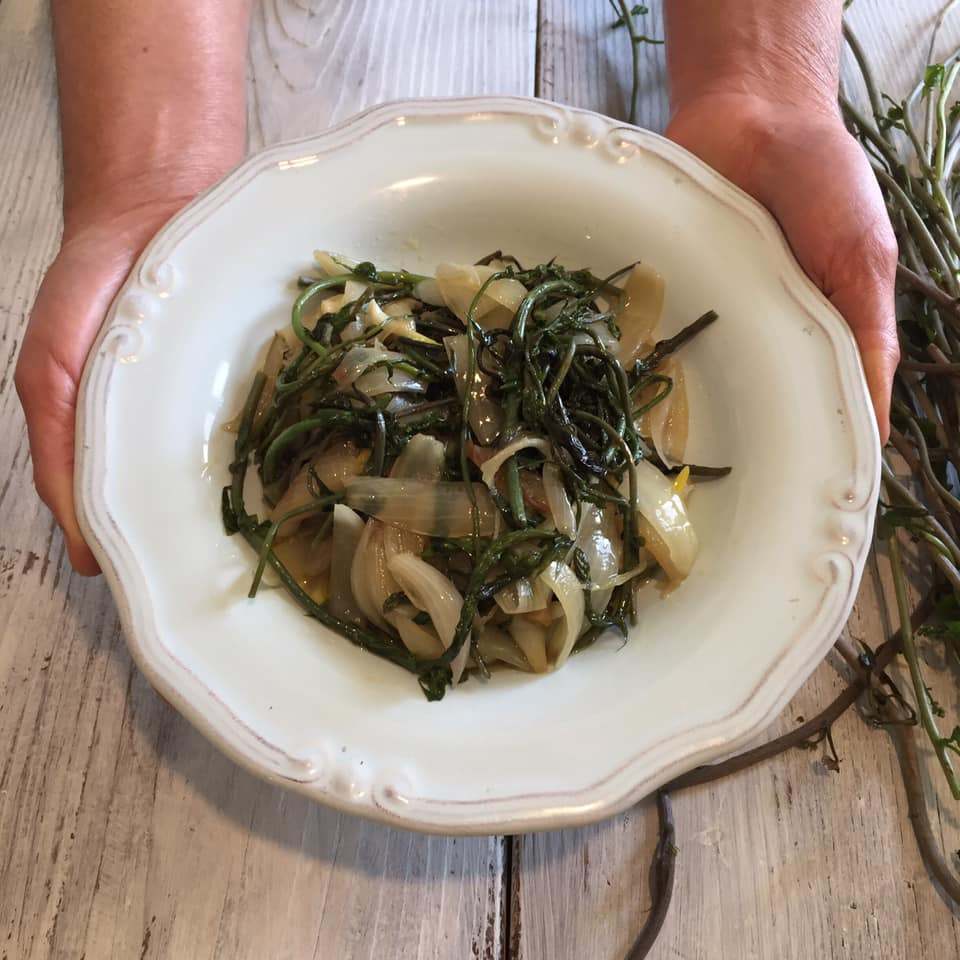
Black Bryony

Tahini Soup without Oil
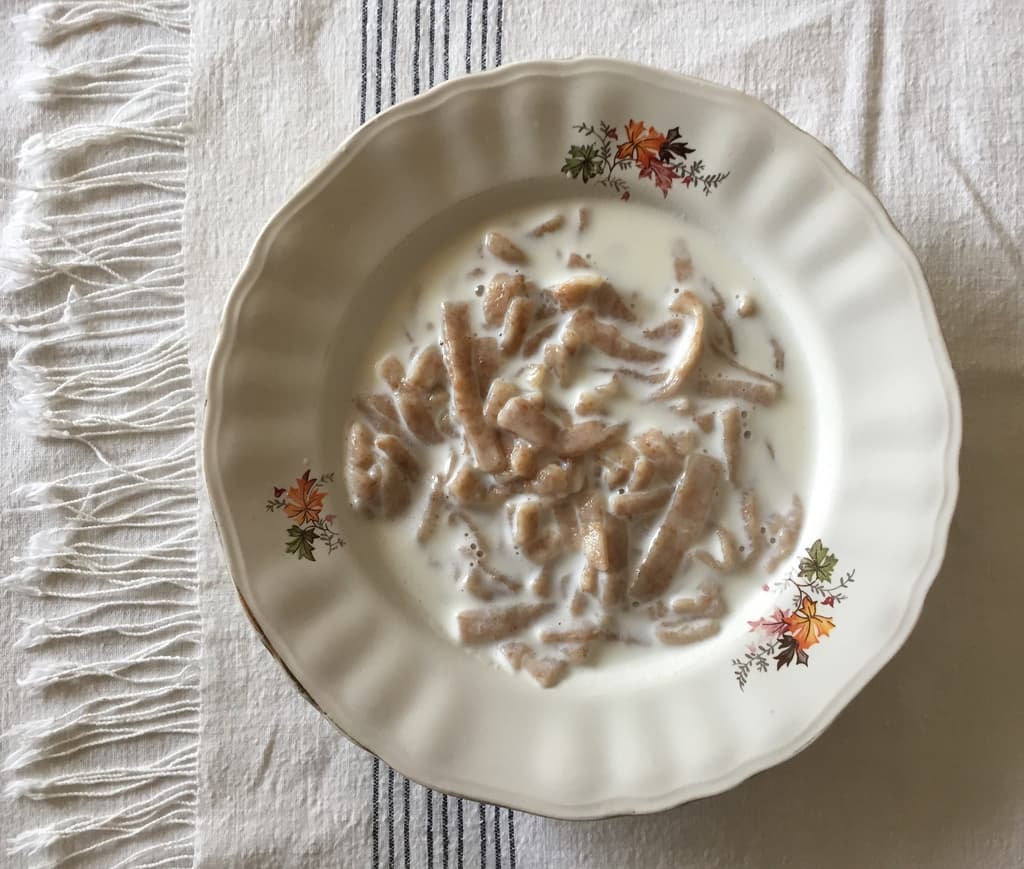
Chylofta with Milk
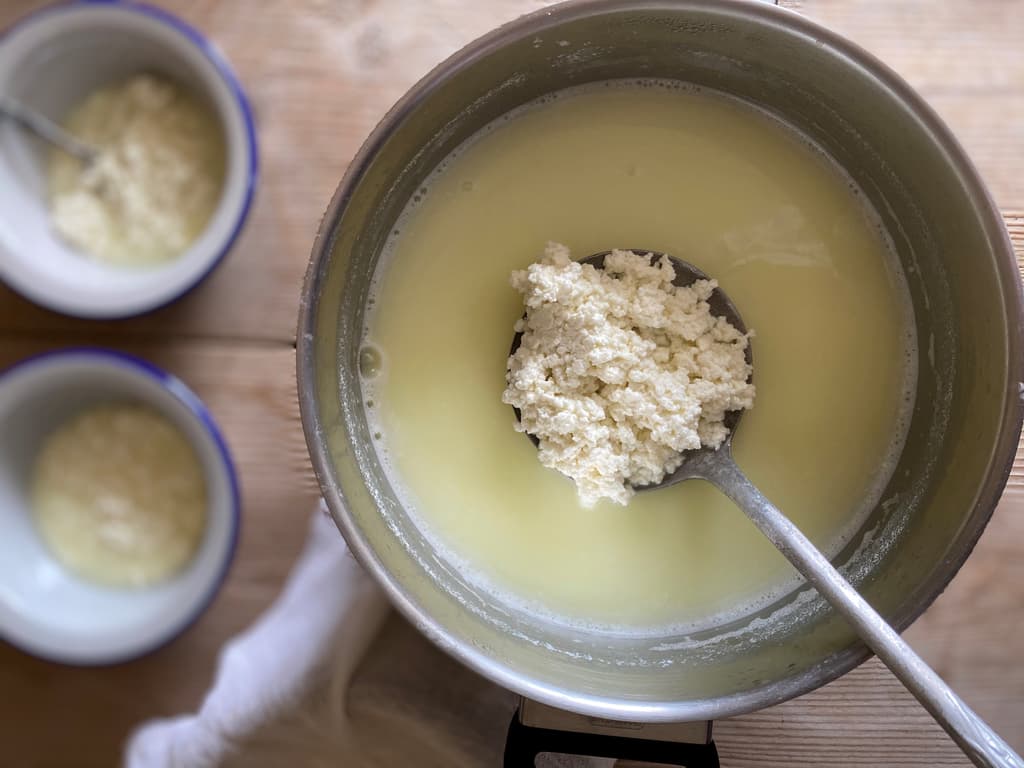
Tyrozouli or Cretan Home Cheese
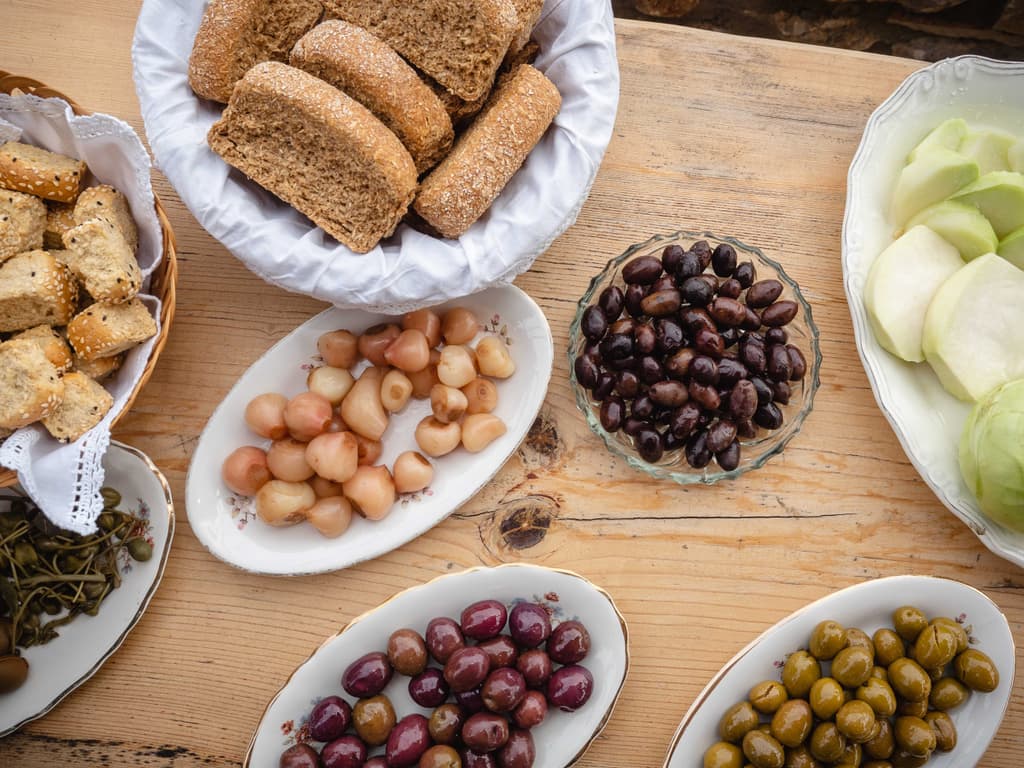
Pickled Tassel Hyacinth

Sourdough Dagoulakia
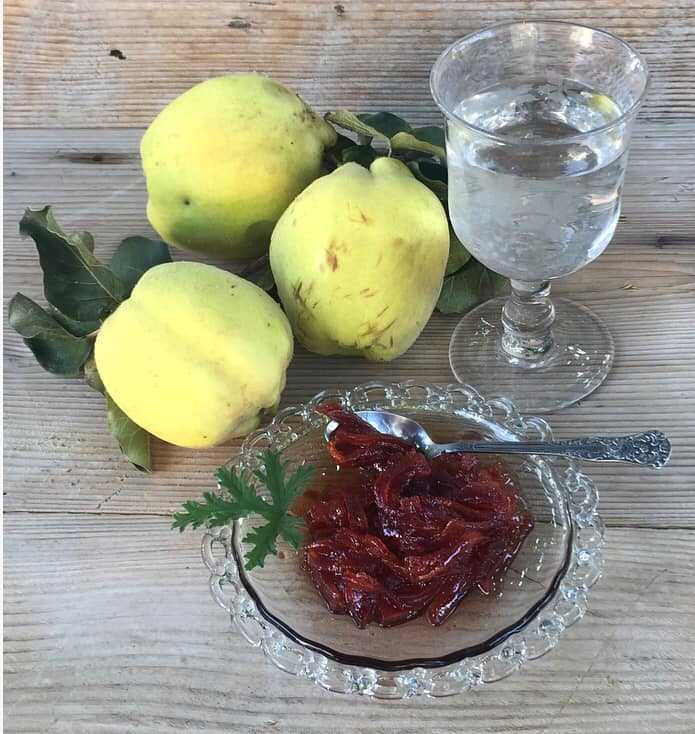
Quince Confection

Delicious Homemade Treat with Lemon Blossoms
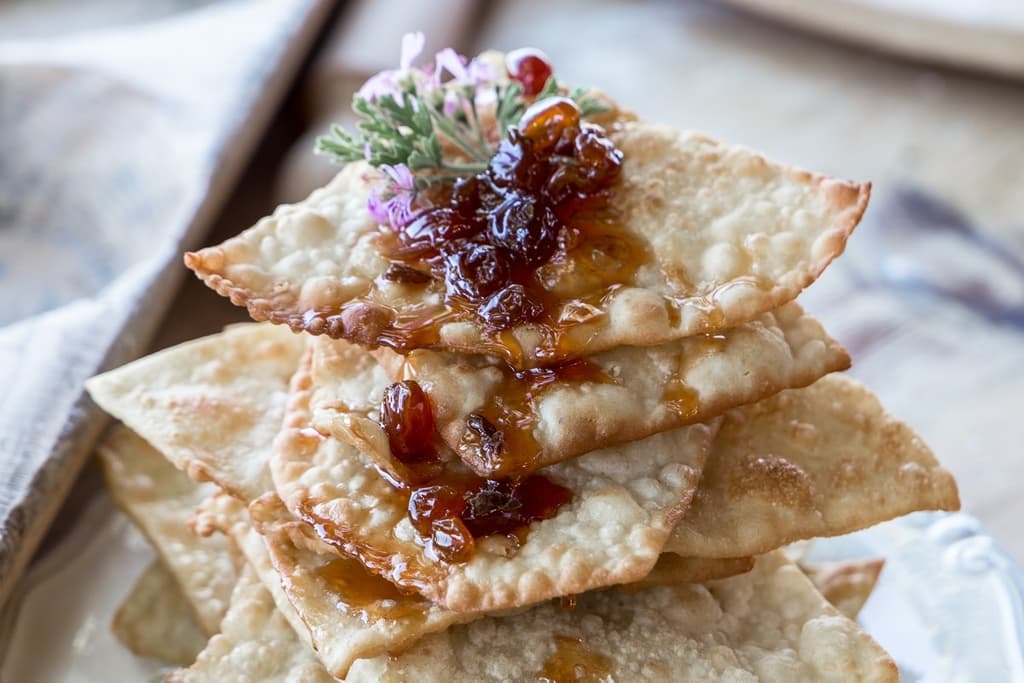
Tiganopites: Greek Fried Pies

Dietary Practices in 17th Century Crete
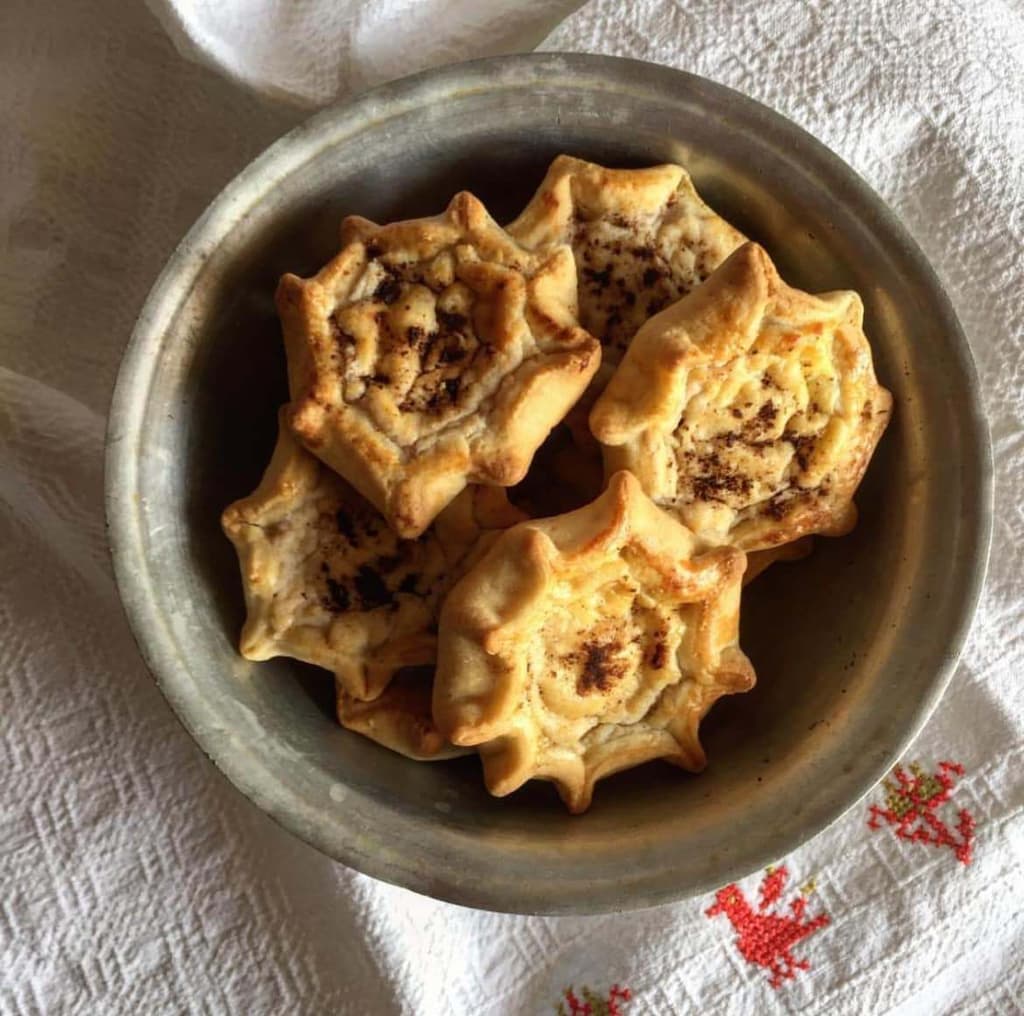
Lychnarakia
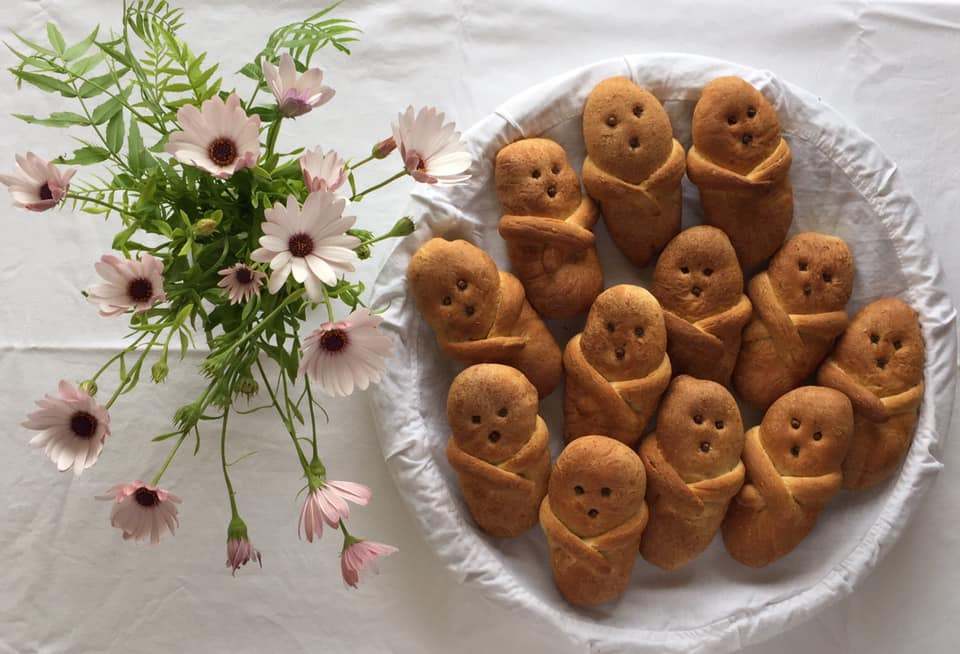
Lazarakia
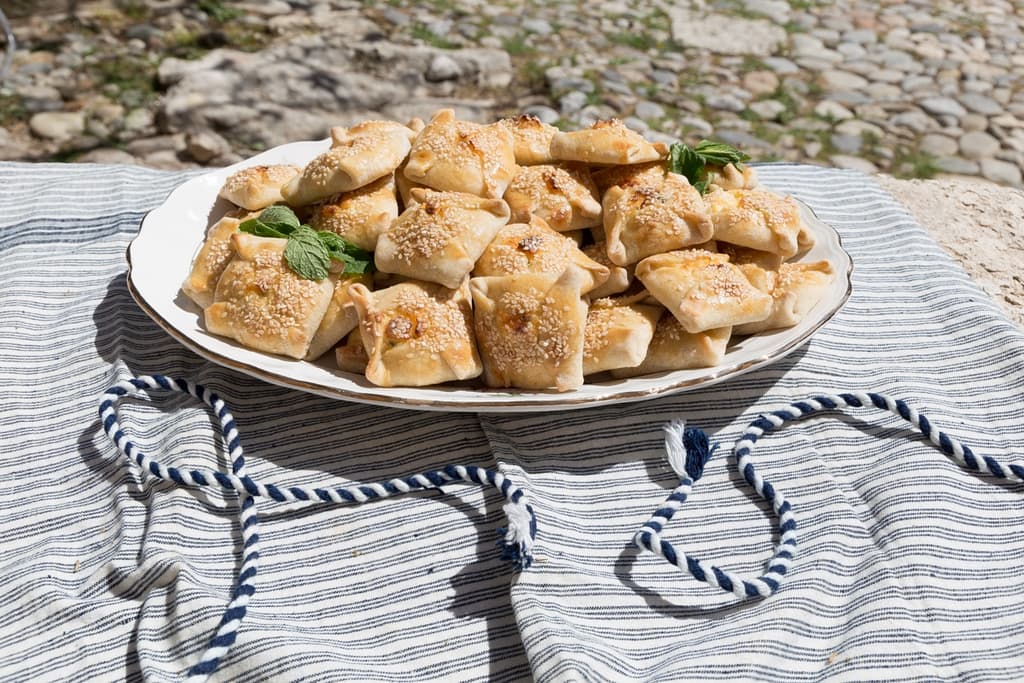
Kalitsounia from Chania
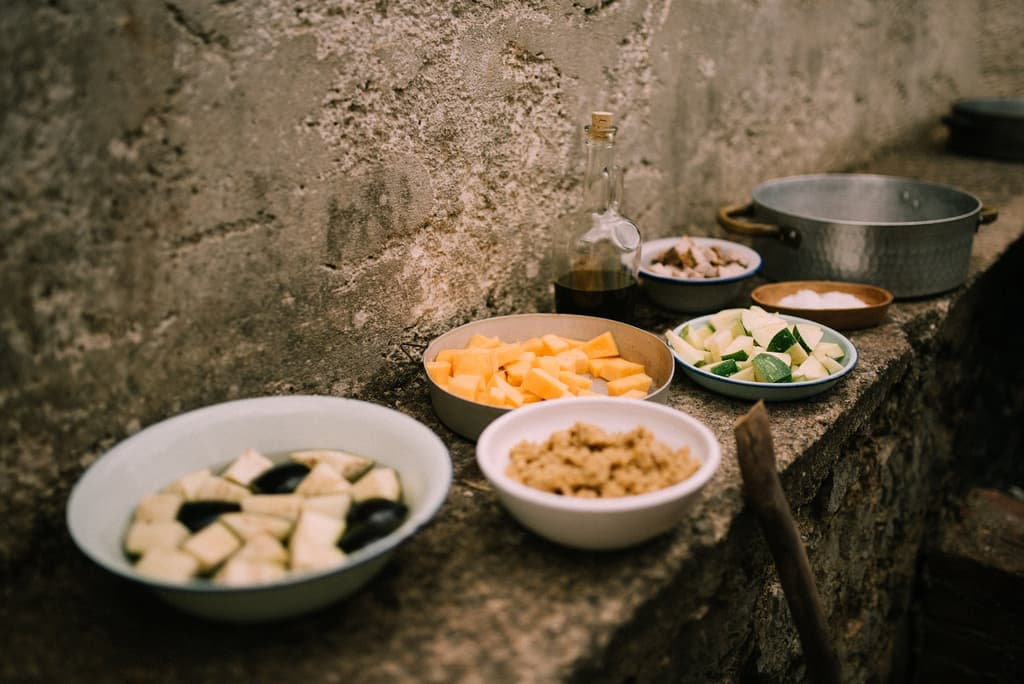
Apaki with Xinohondros and Vegetables
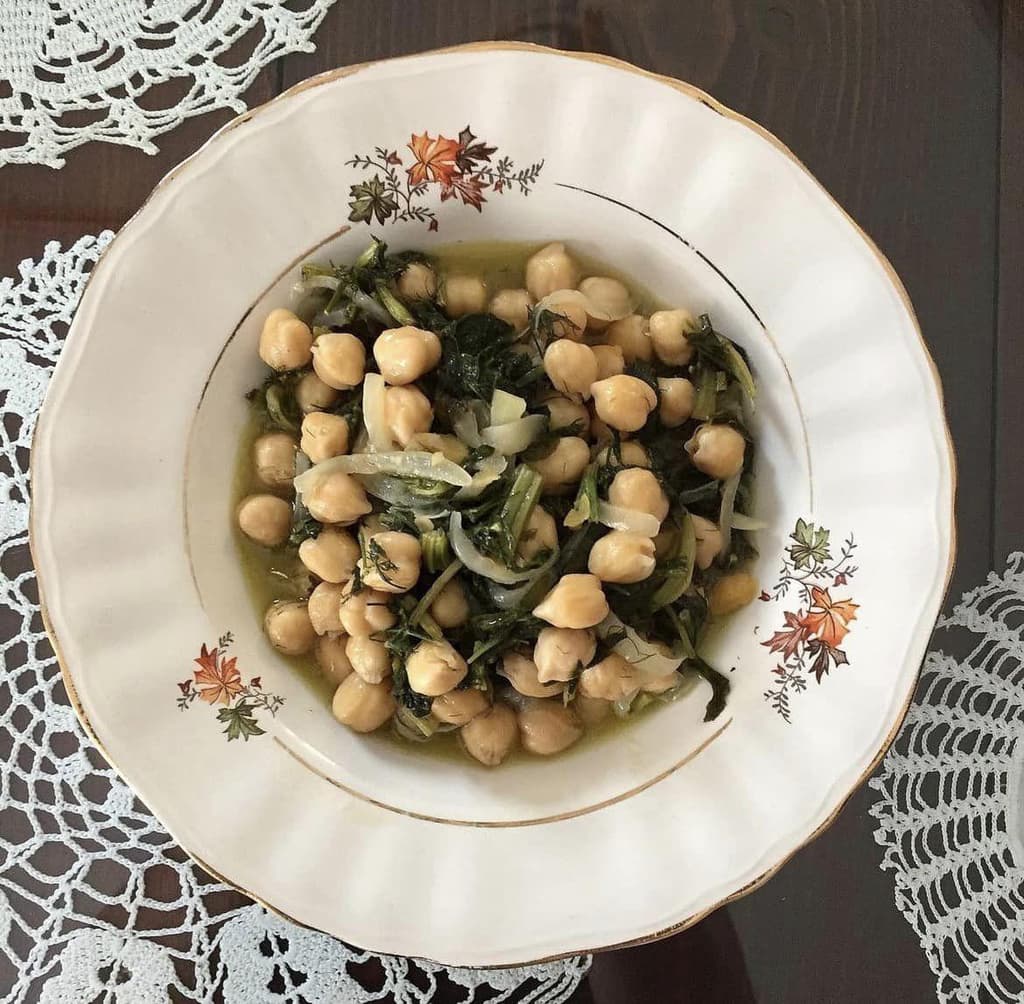
Chickpeas with Yachnera: A Delightful Dish
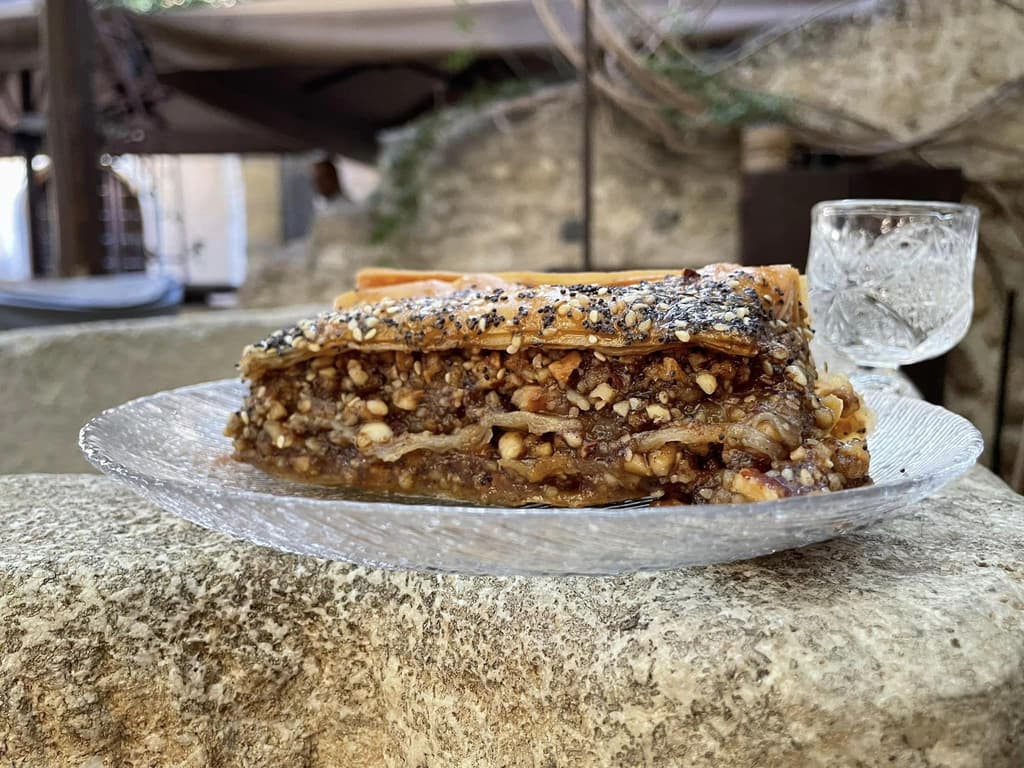
Gastrin
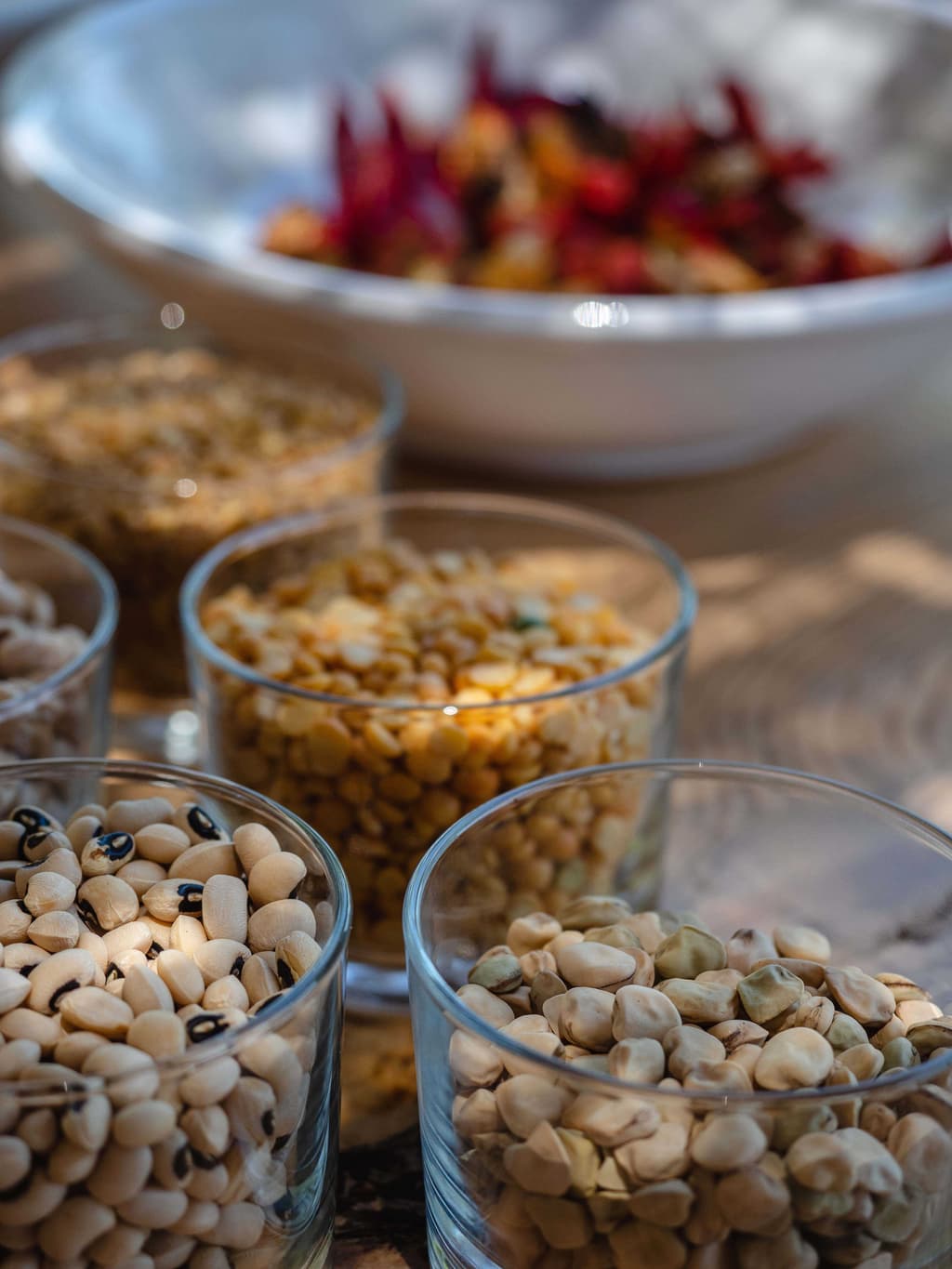
Fotokollyva
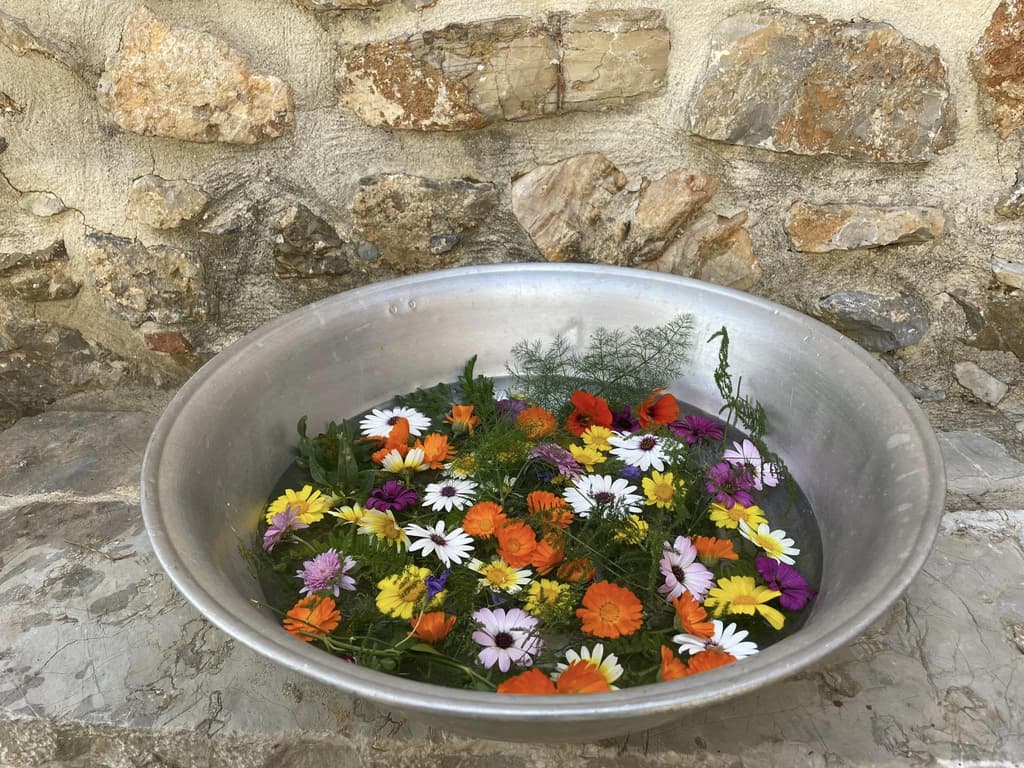
Dyeing Easter Eggs with Madder Root and Flower Blossoms
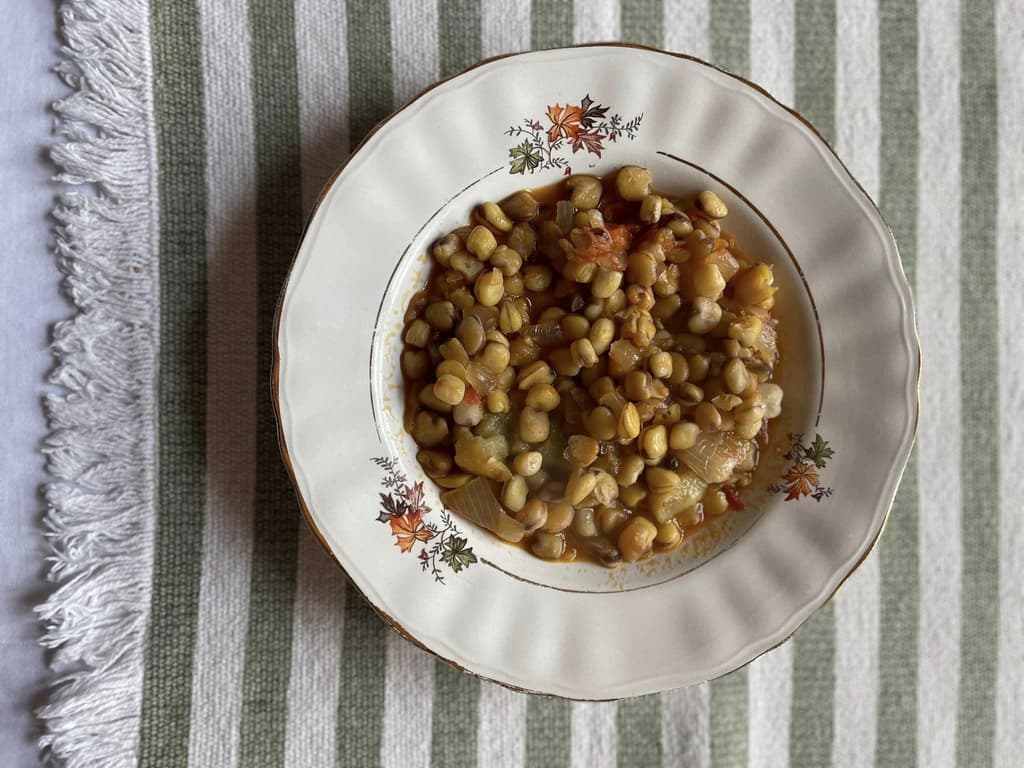
Biza or Manarolia Stew with Eggplants
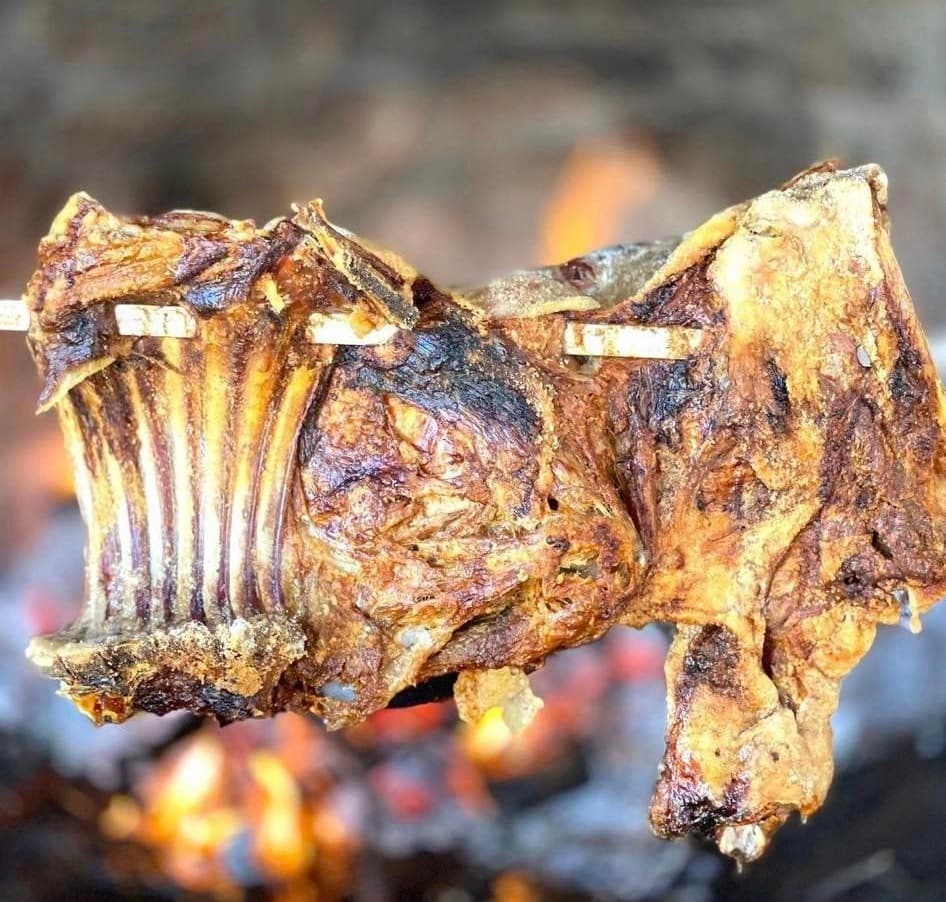
Antikristo or "Ofto" Meat
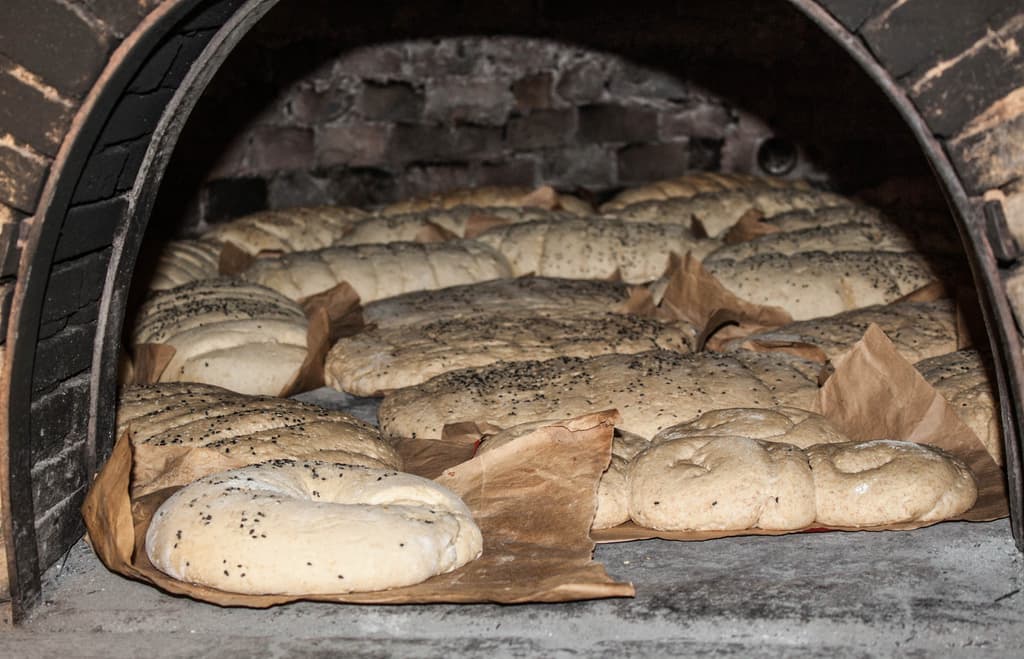
Eftazymo Bread
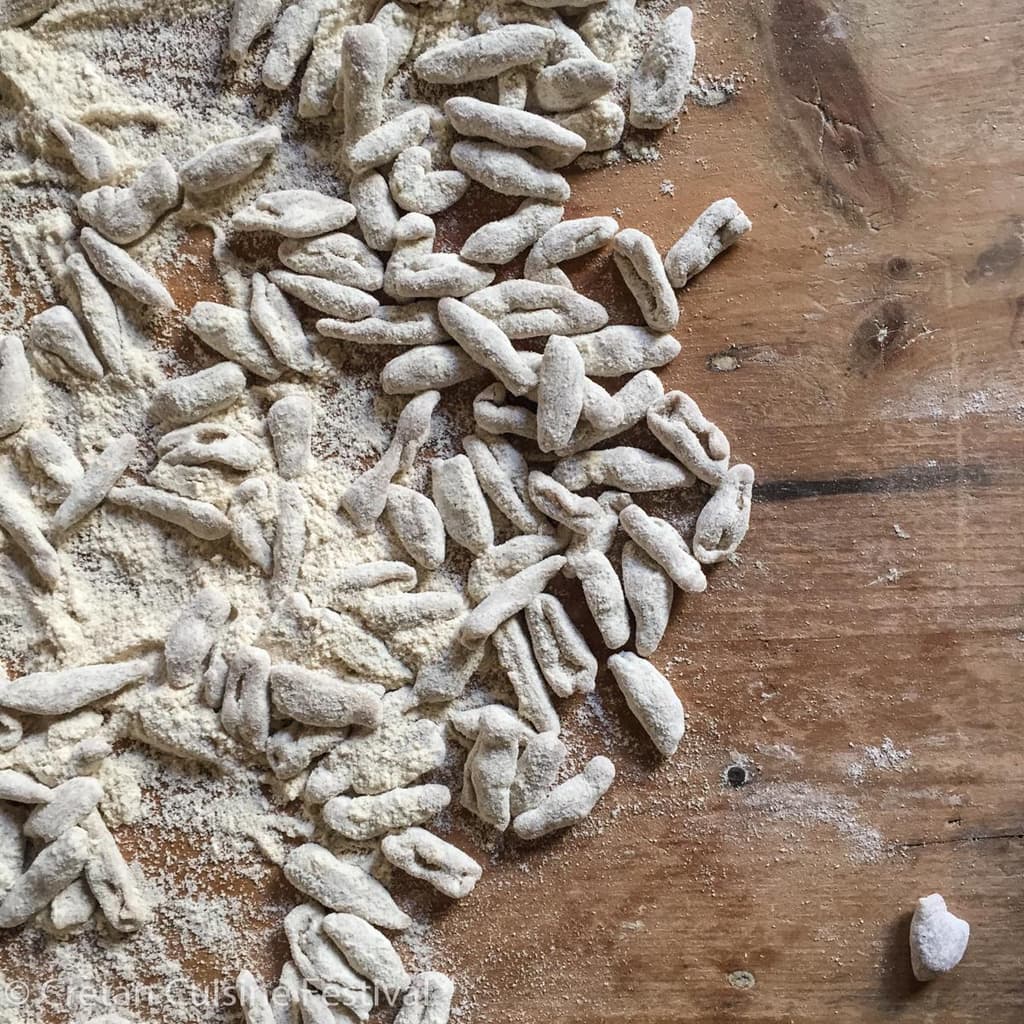
Skioufichta Macarounia
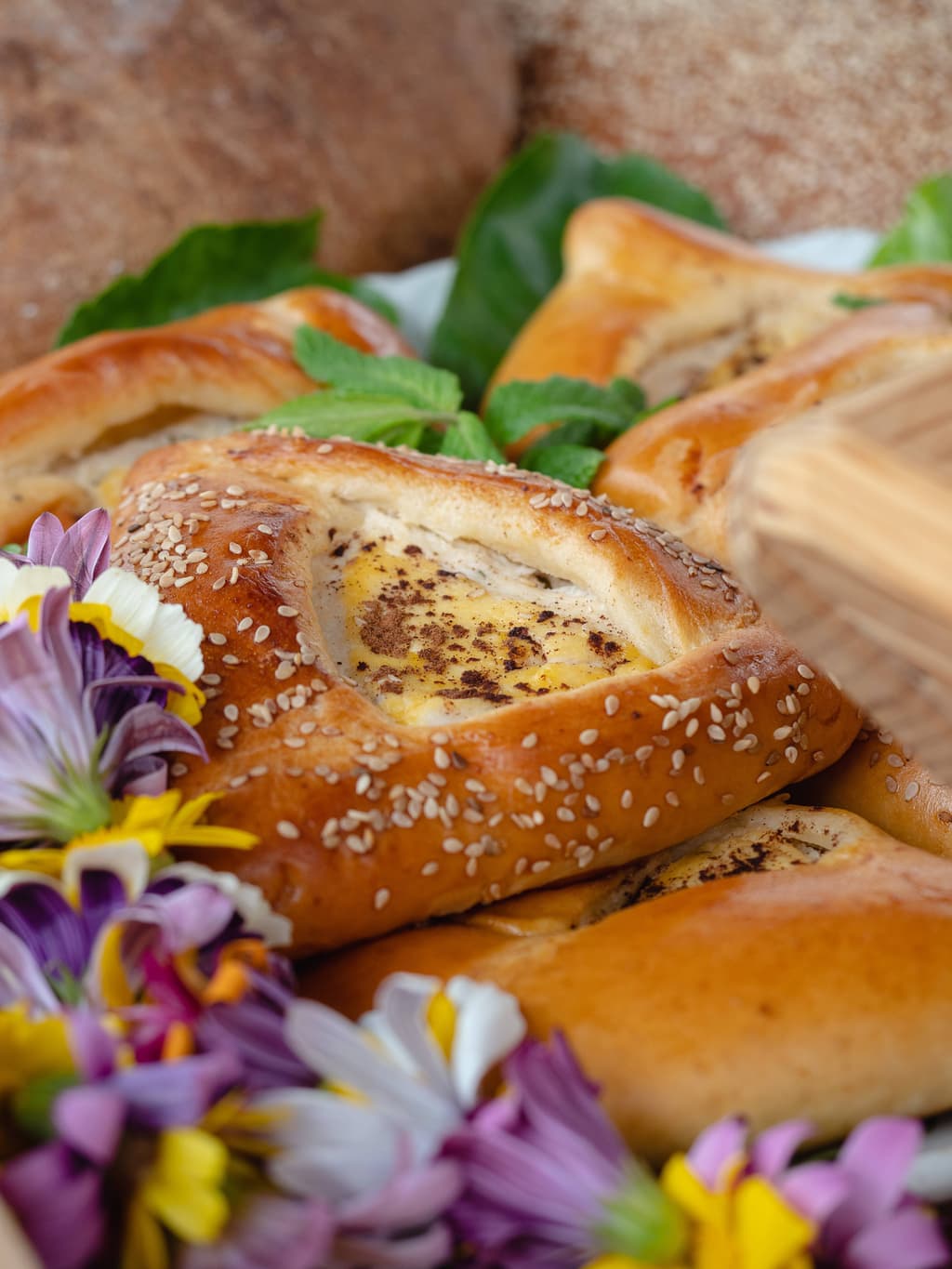
Anevata Kalitsounia
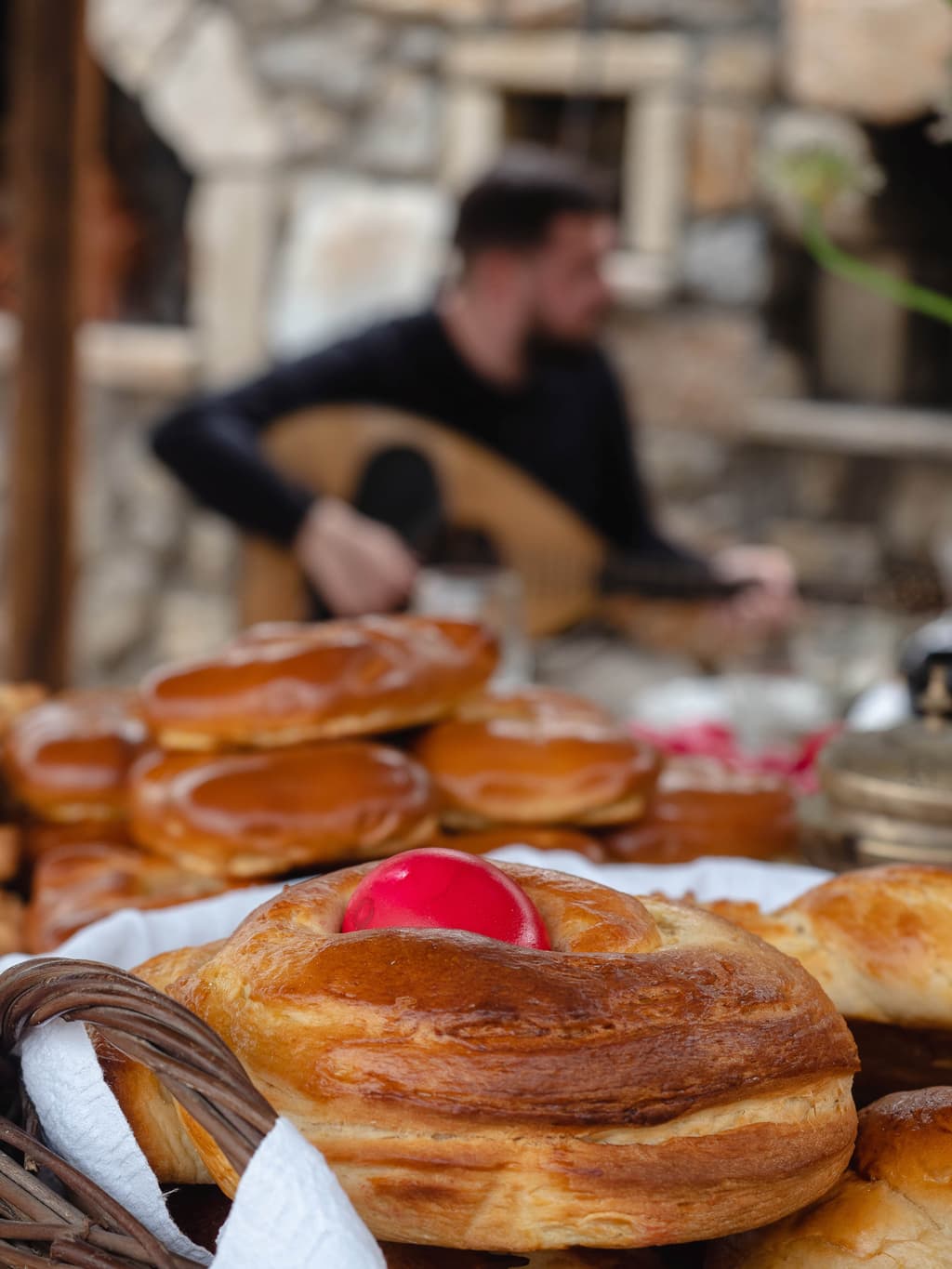
Galatera
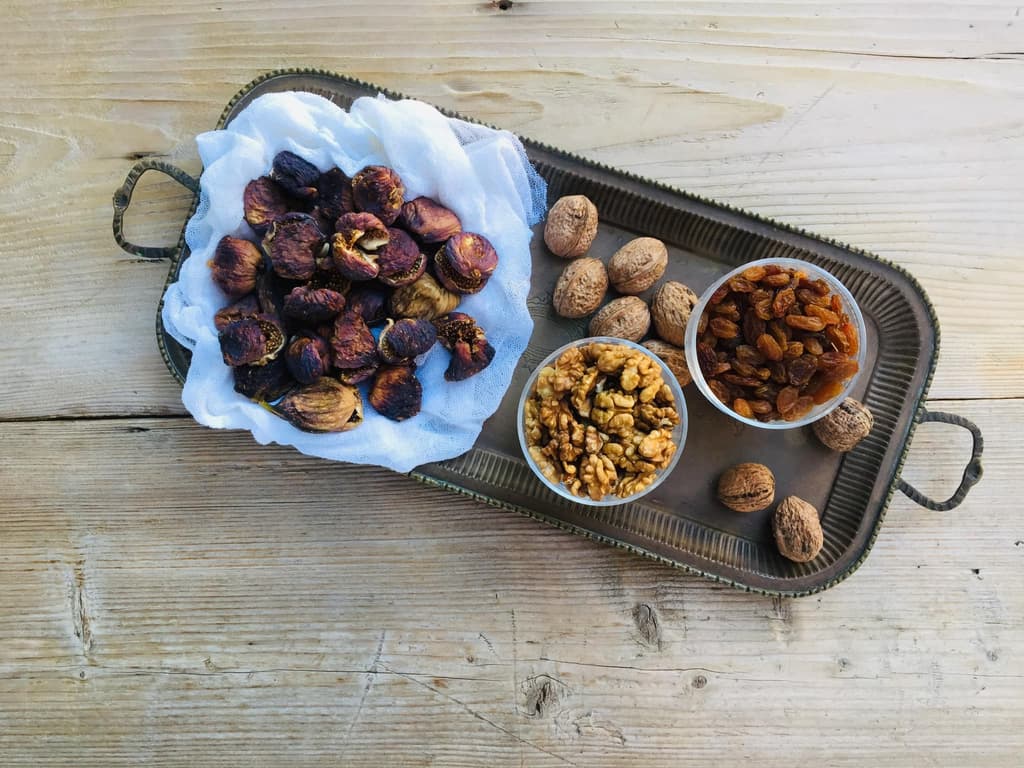
Sykomarides
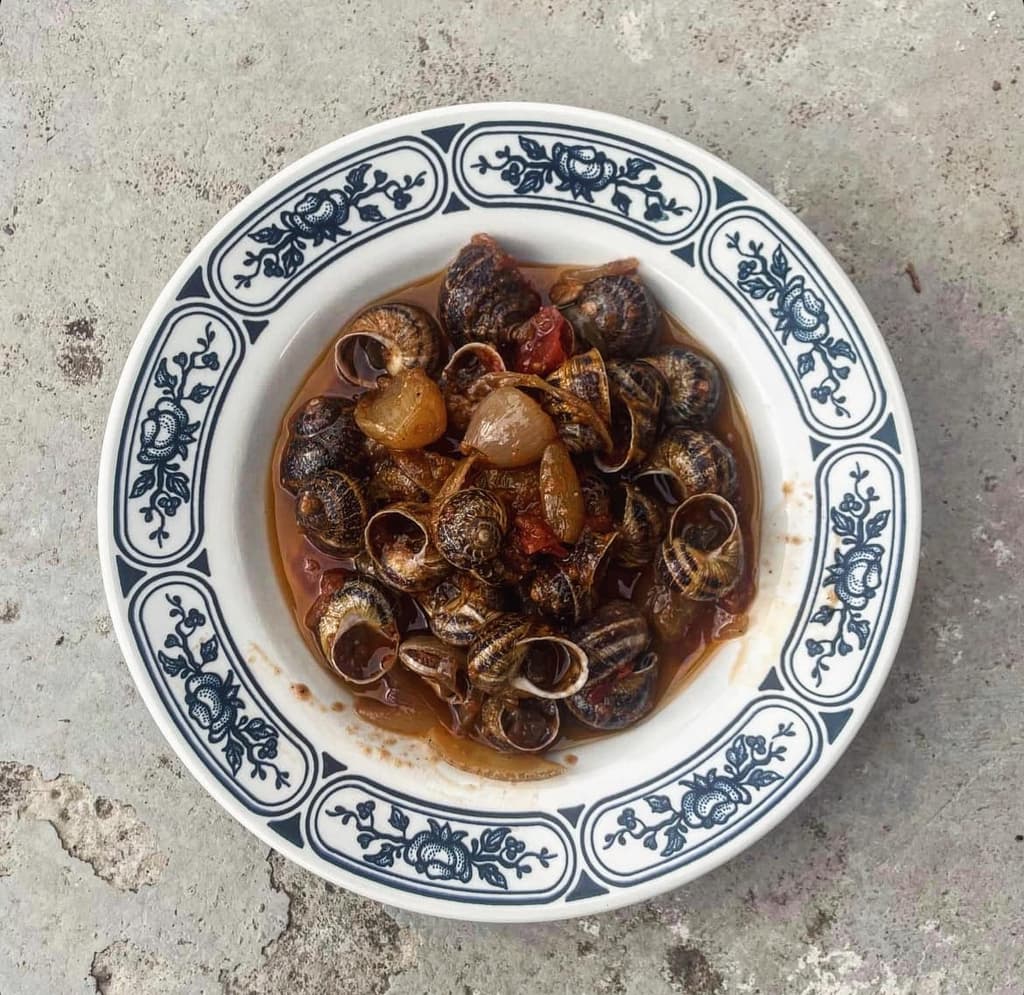
Snails Stifado
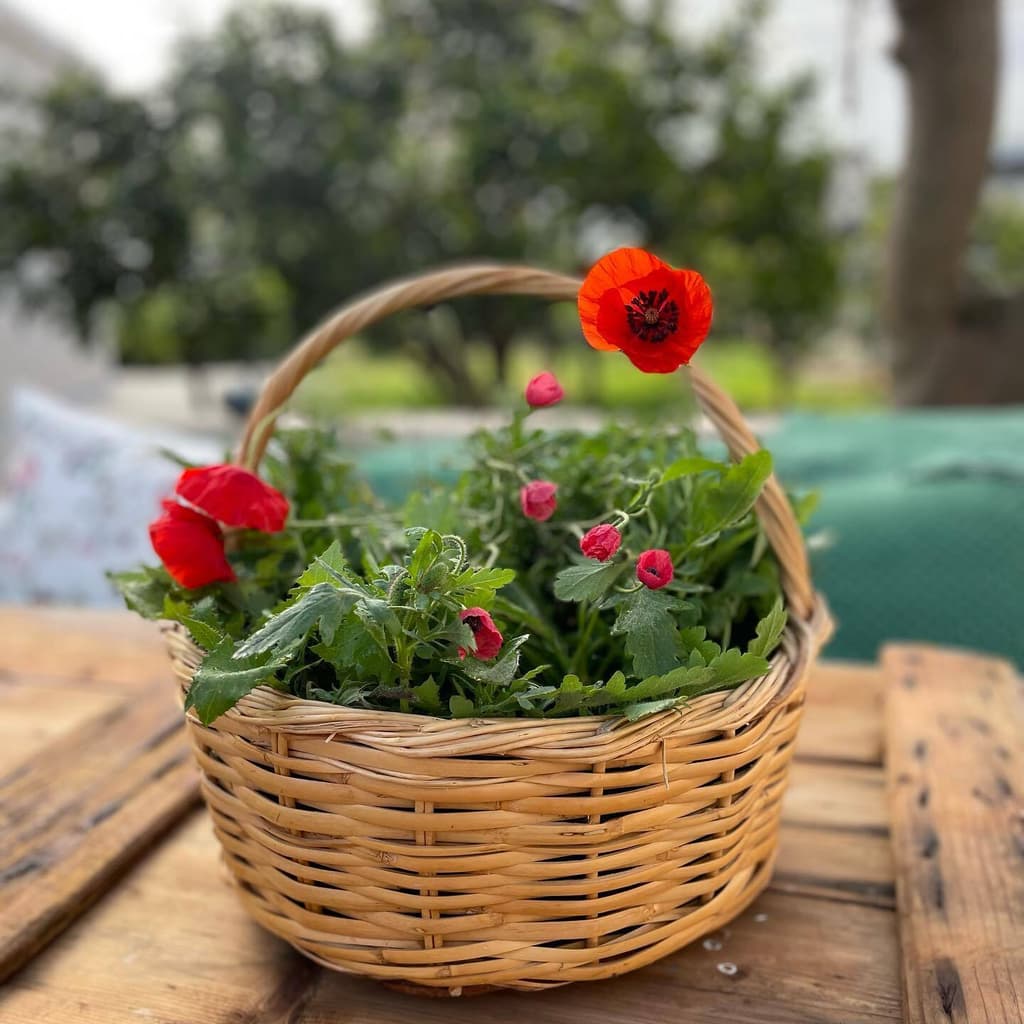
Poppy Pies (Paparounopites)

Beetroot Salad
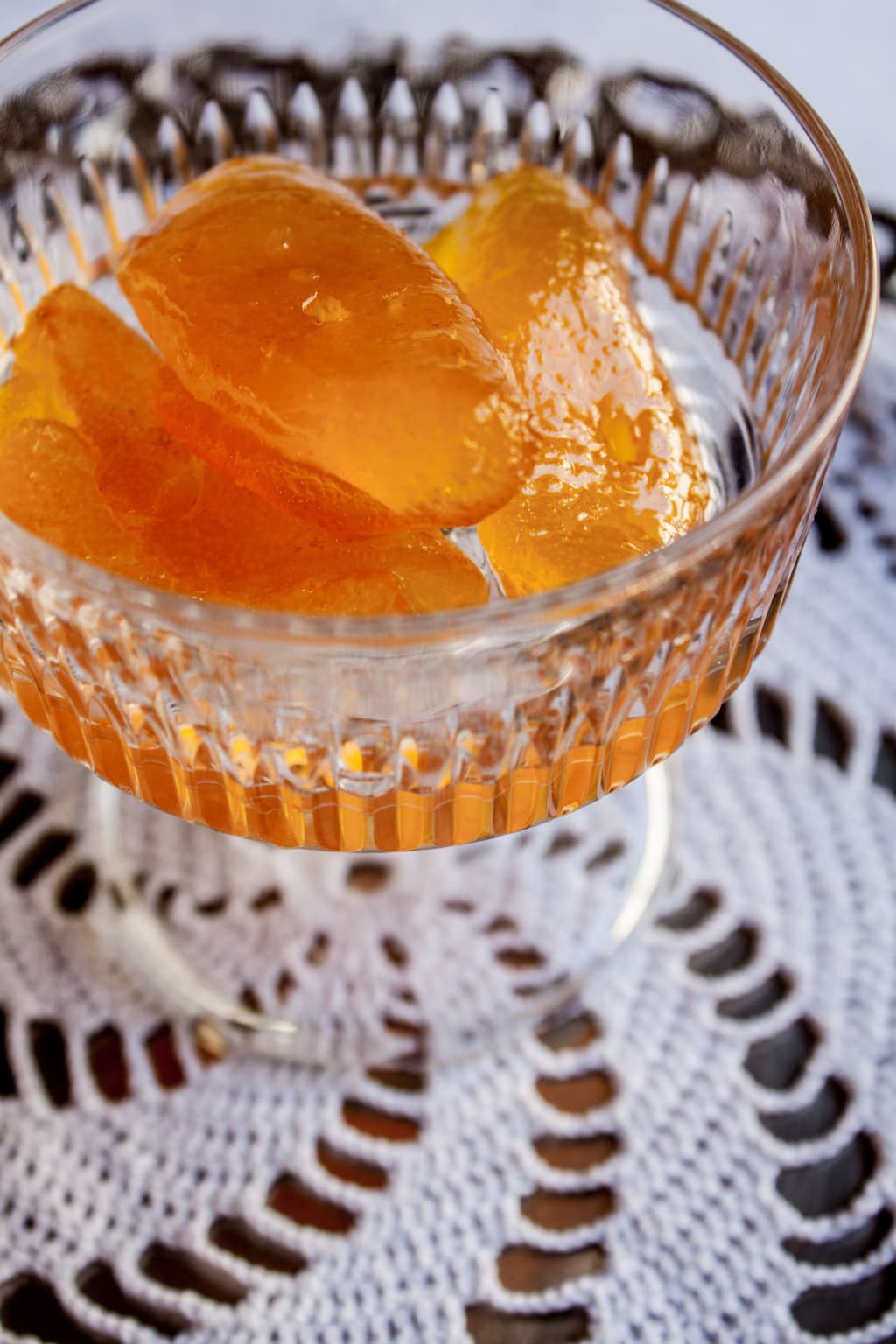
Bitter Orange Spoon Sweet (Nerantzi)
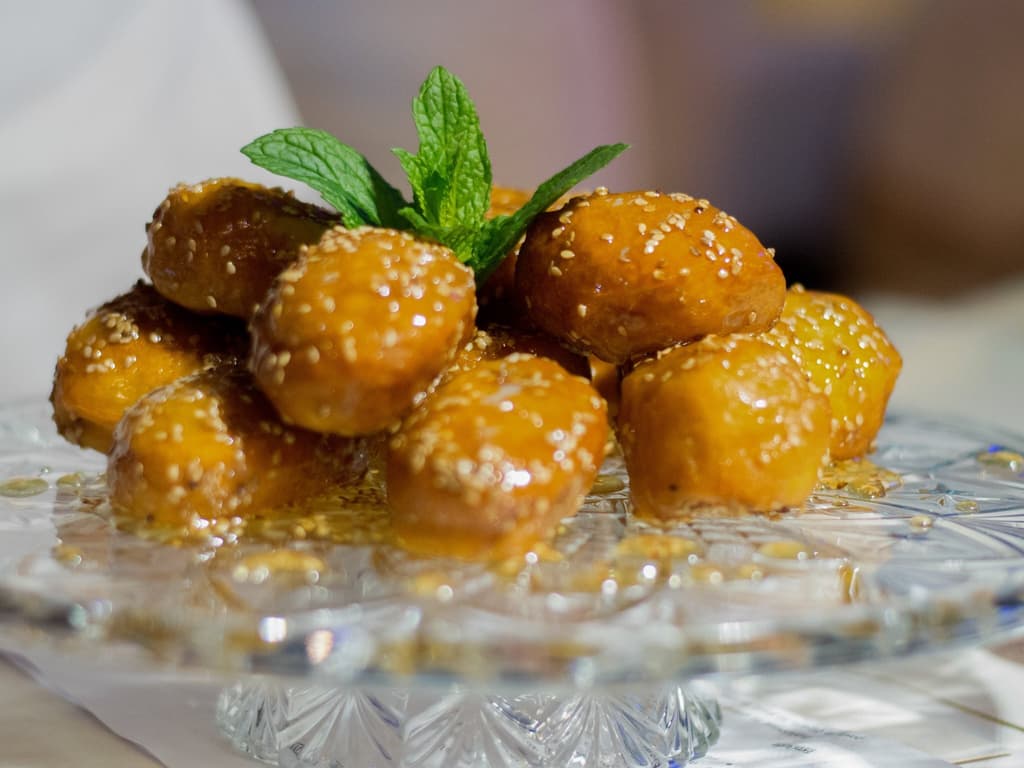
Loukoumia or Koubania
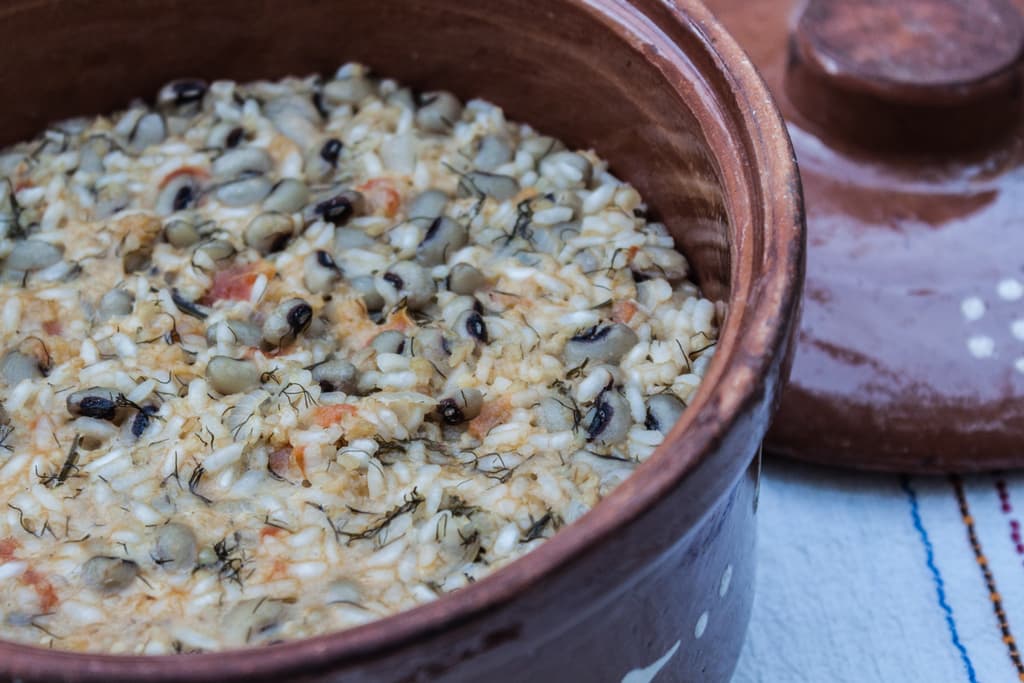
Fasouloryzo
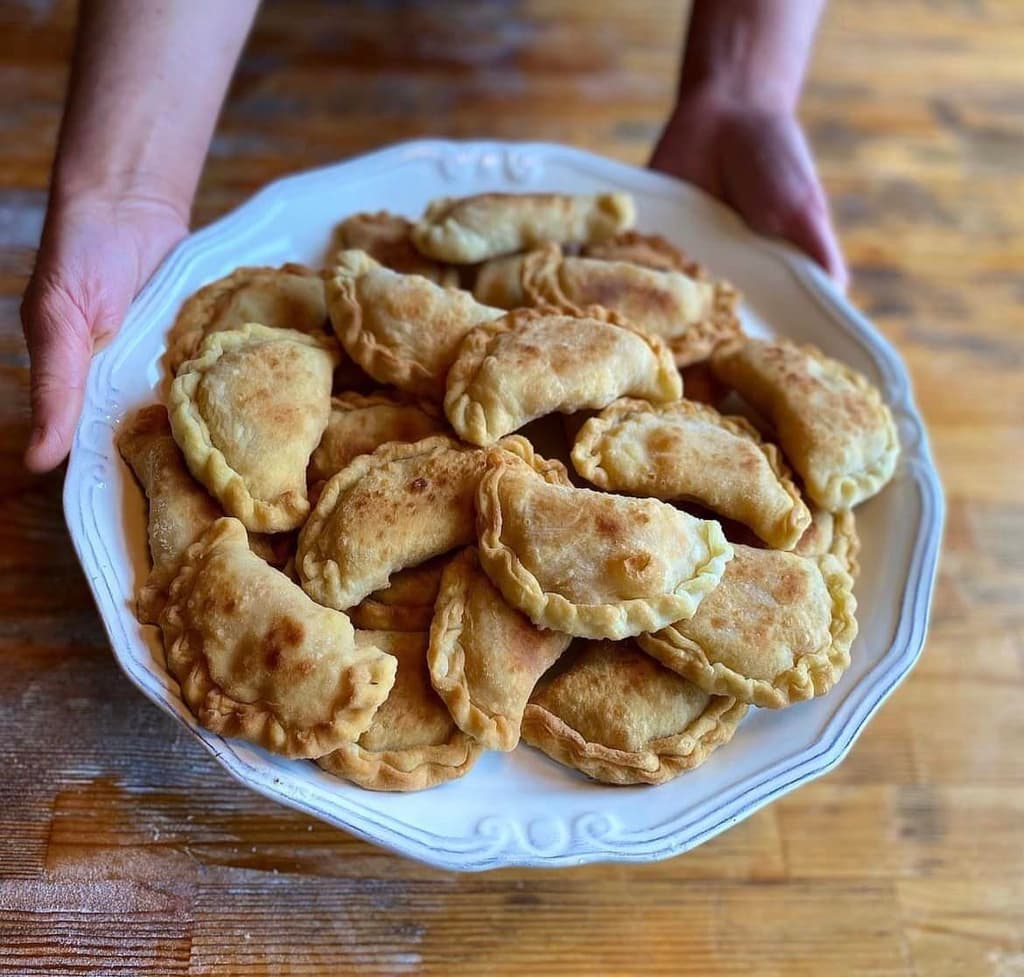
Pumpkin-Filled Pitarakia
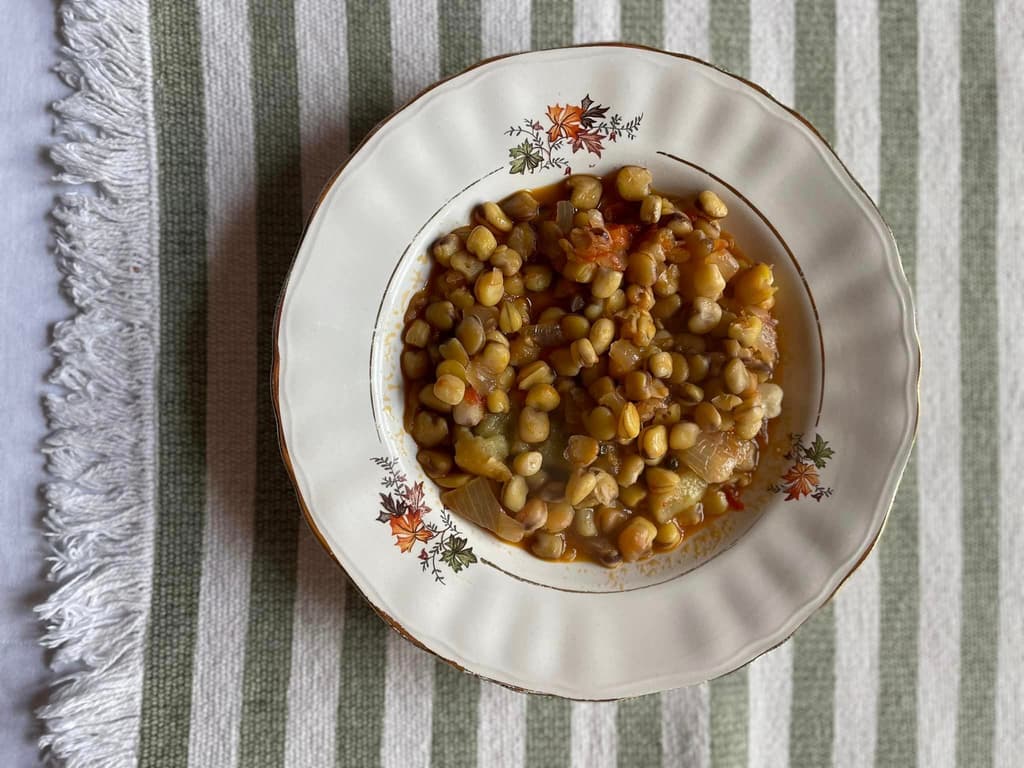
Biza or Manarolia Stew with Eggplants
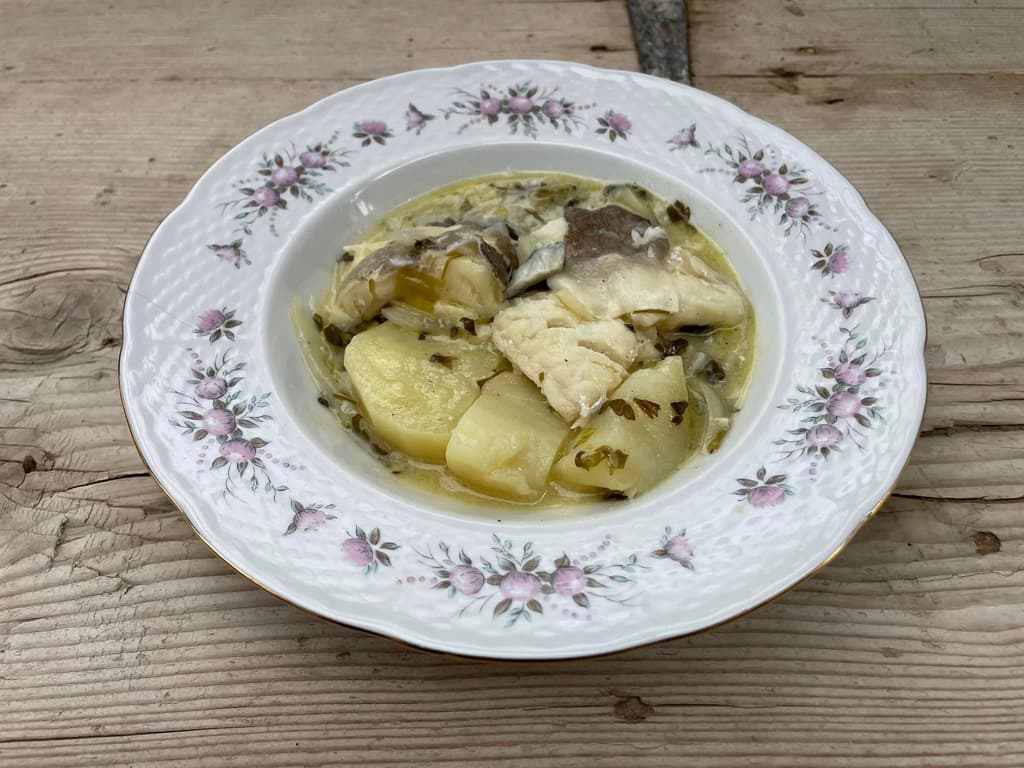
Salted Cod with Bitter Orange Sauce
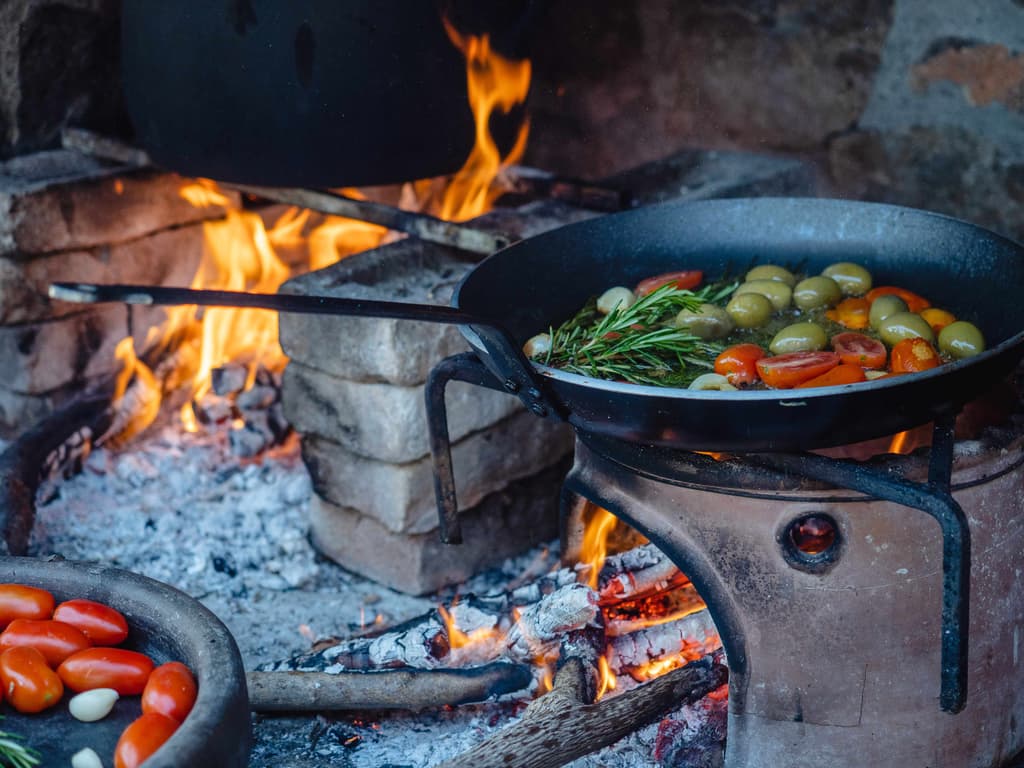
Sountrimades

